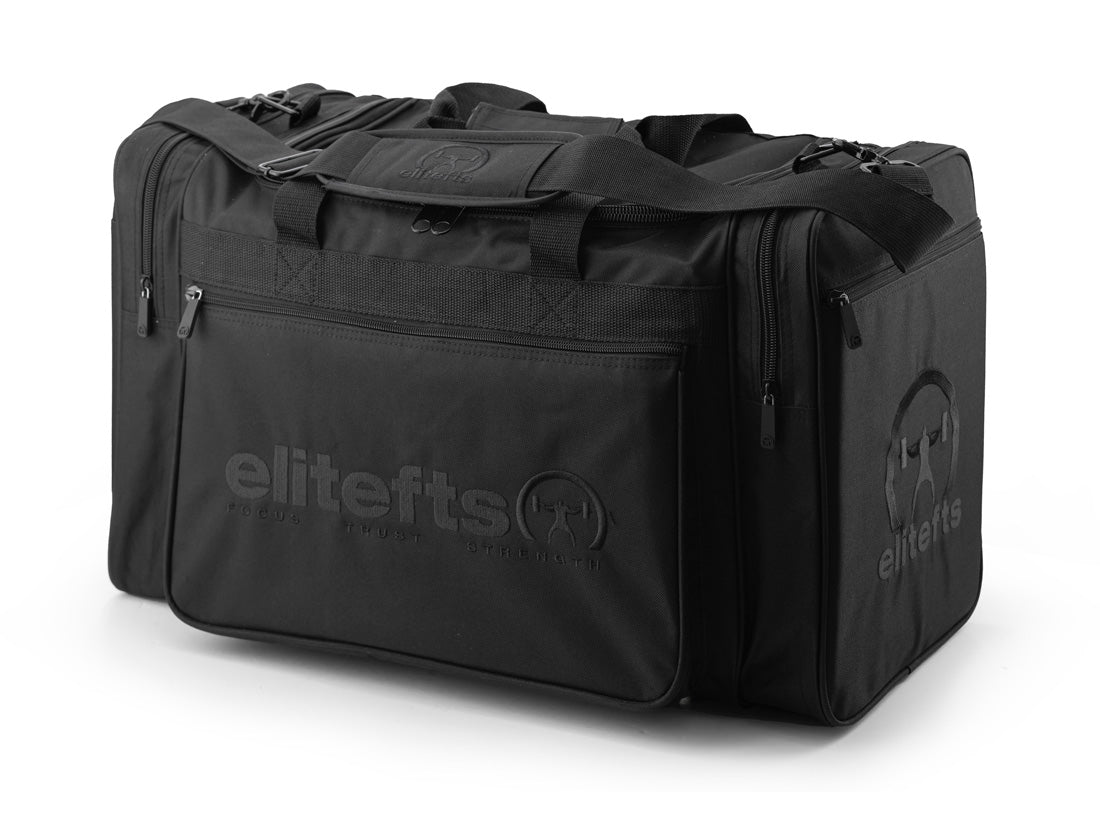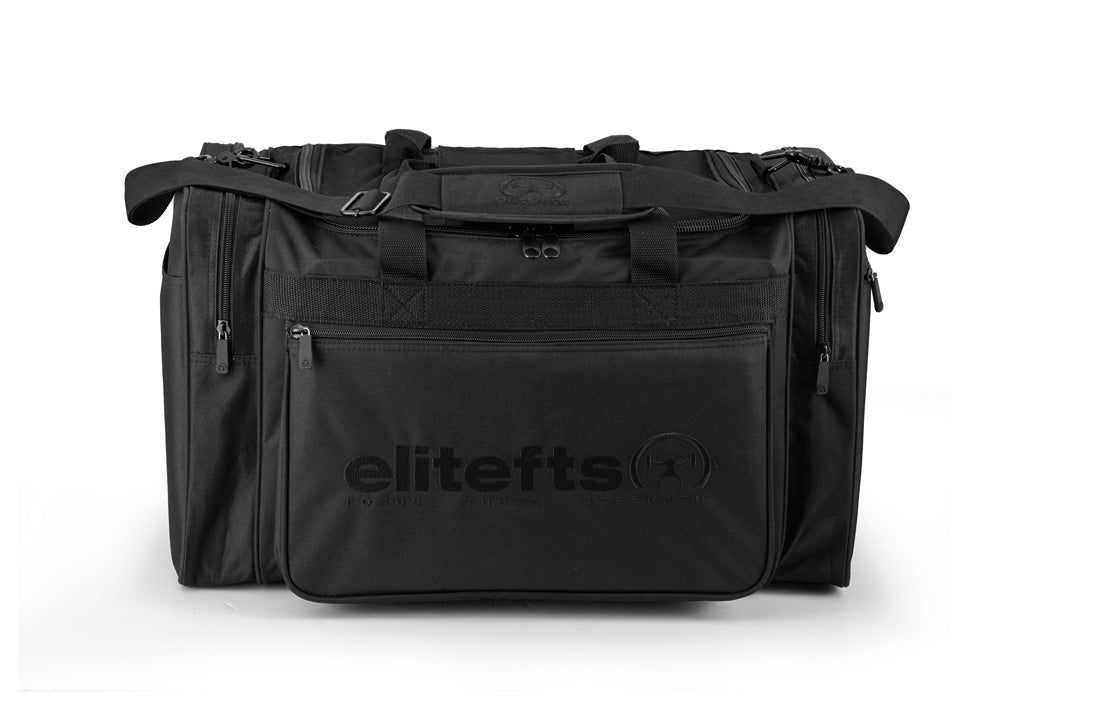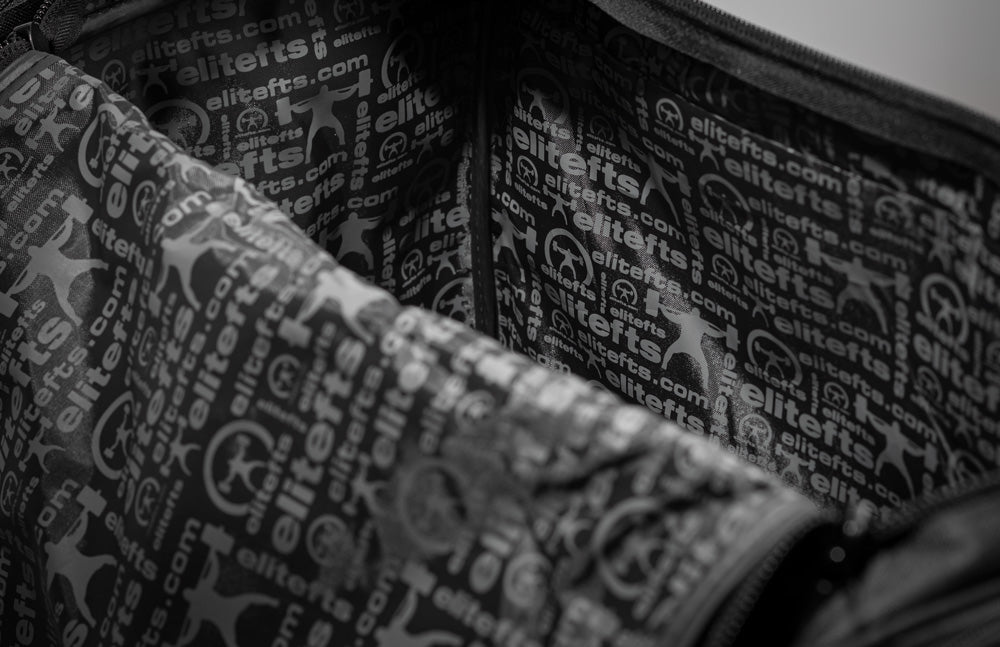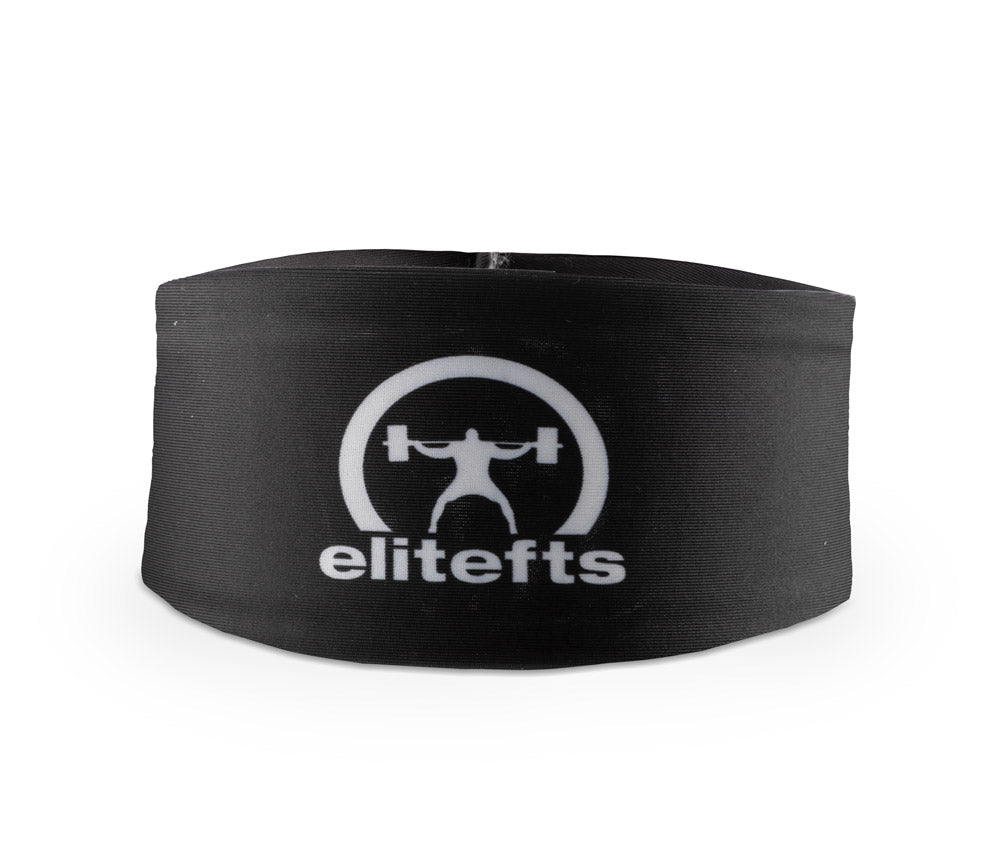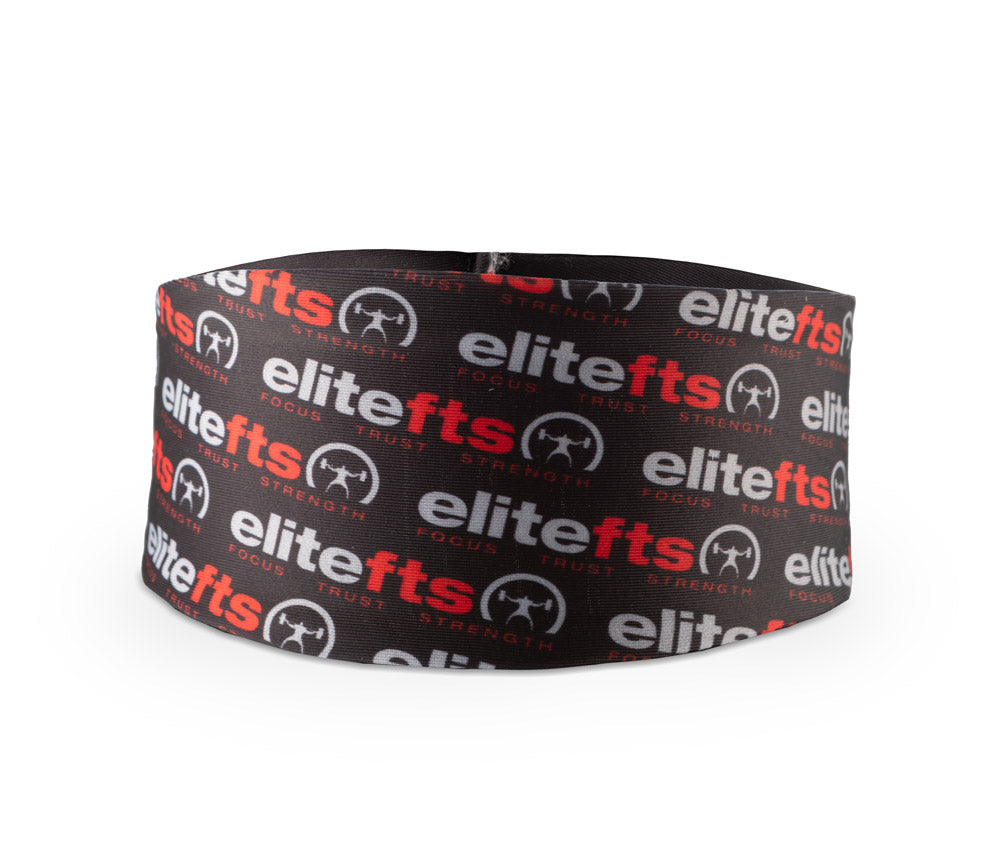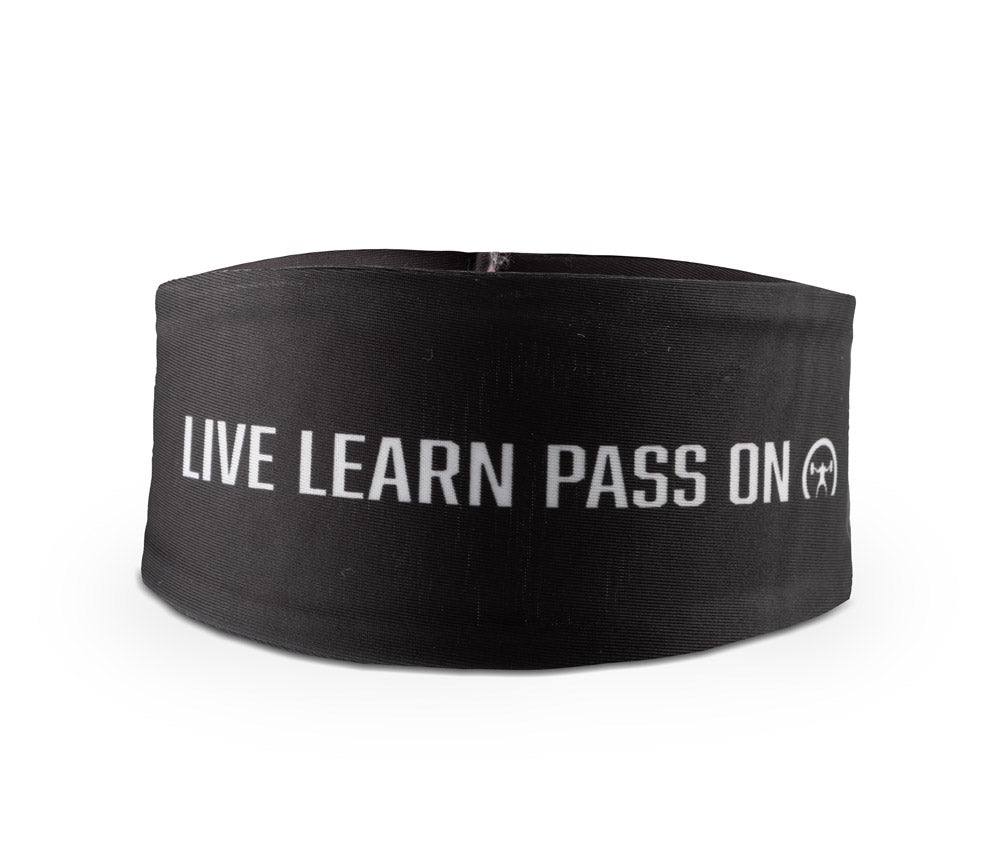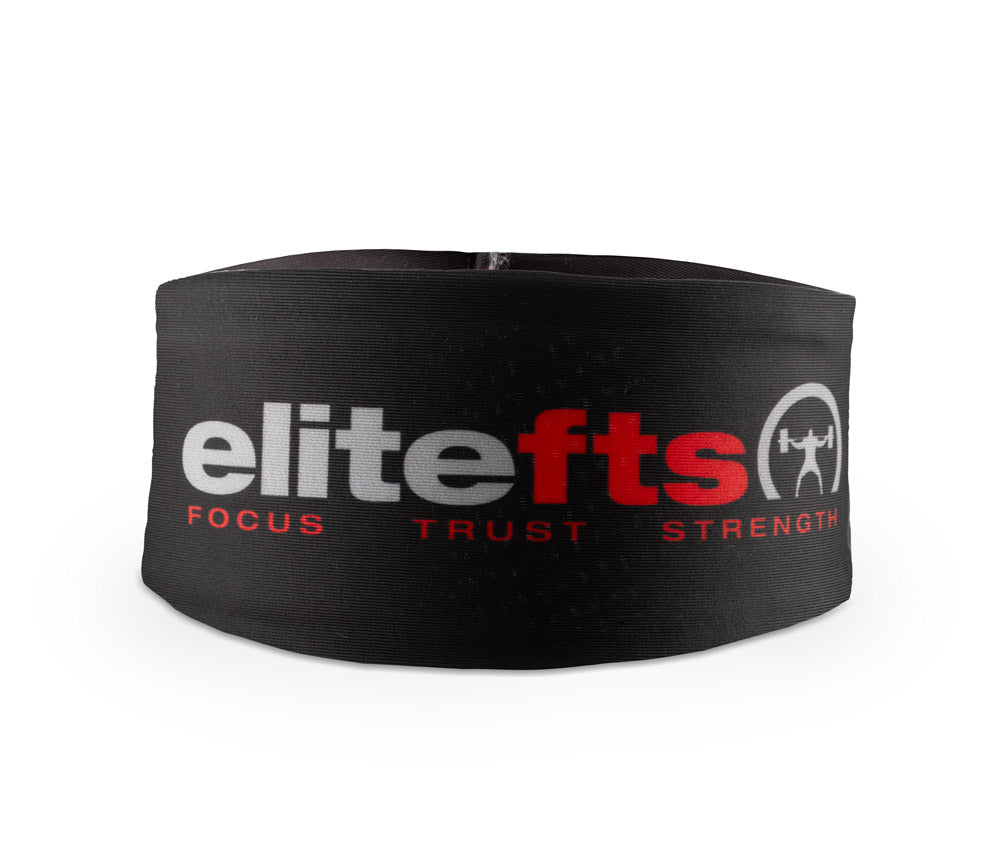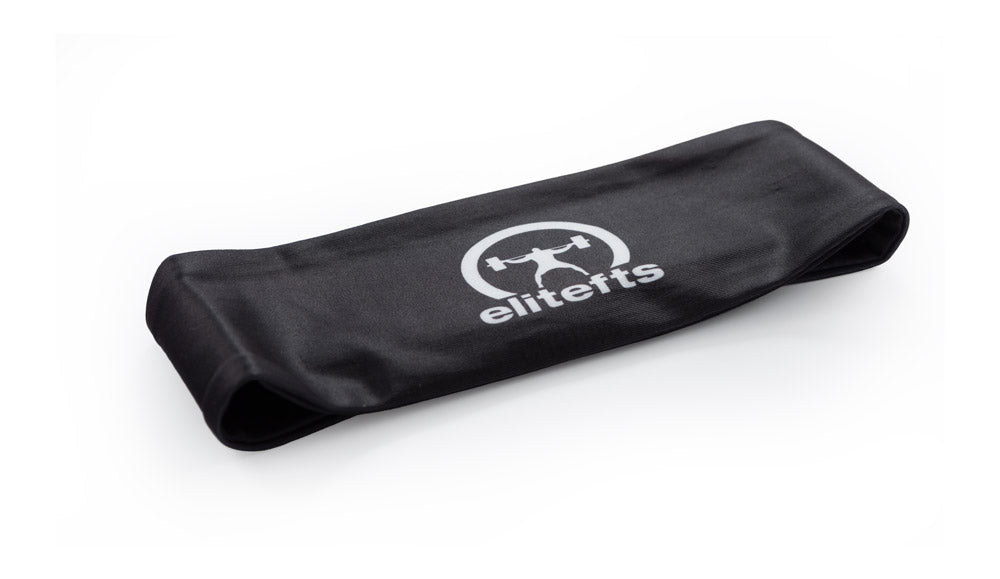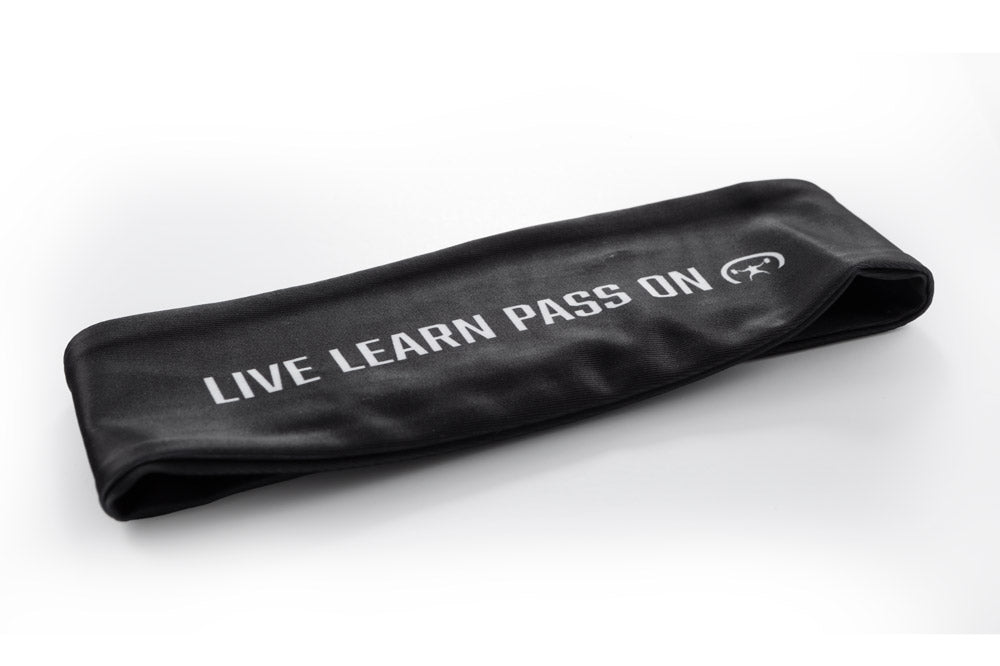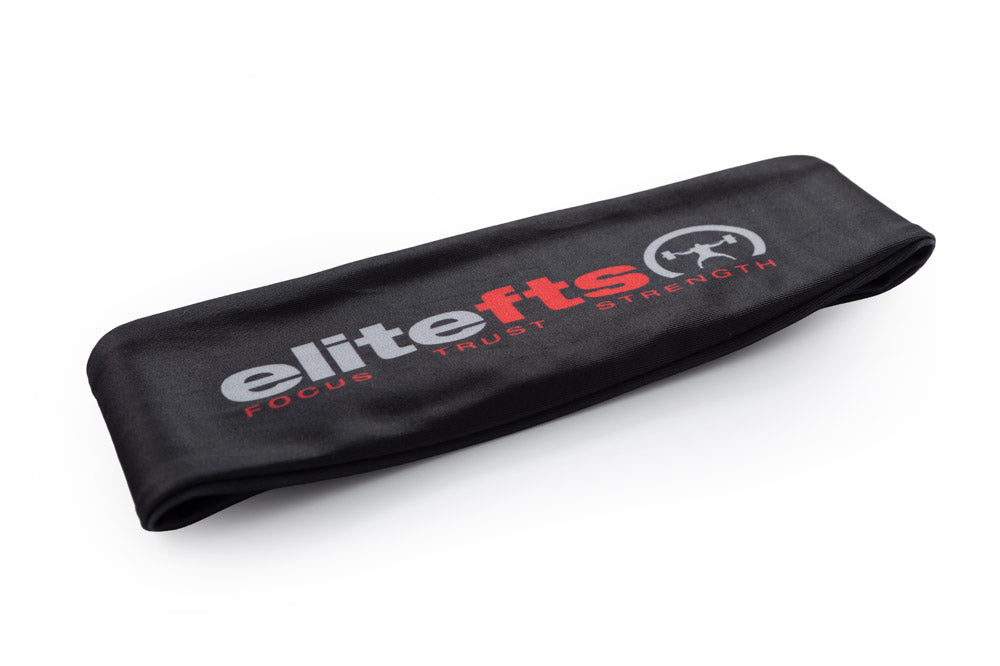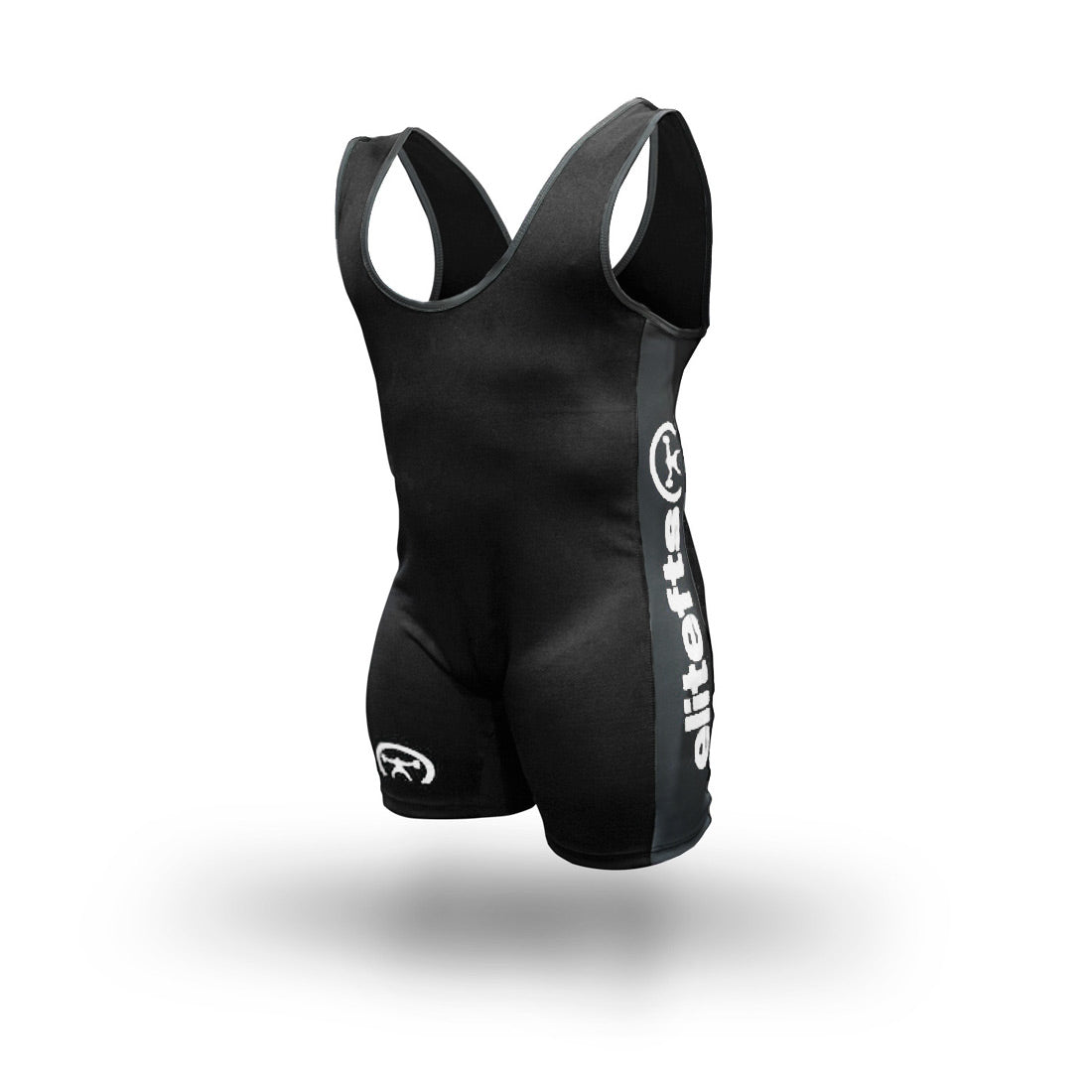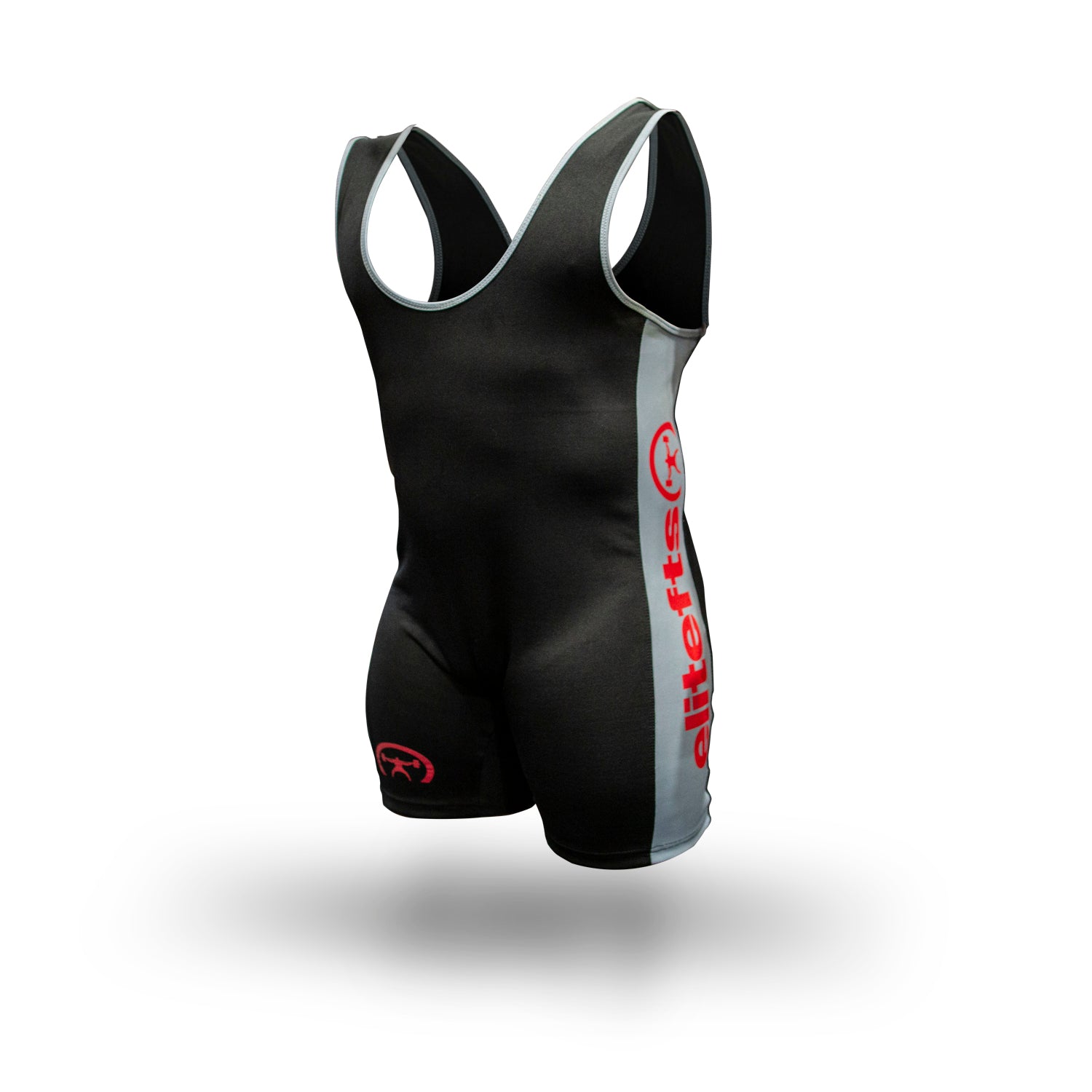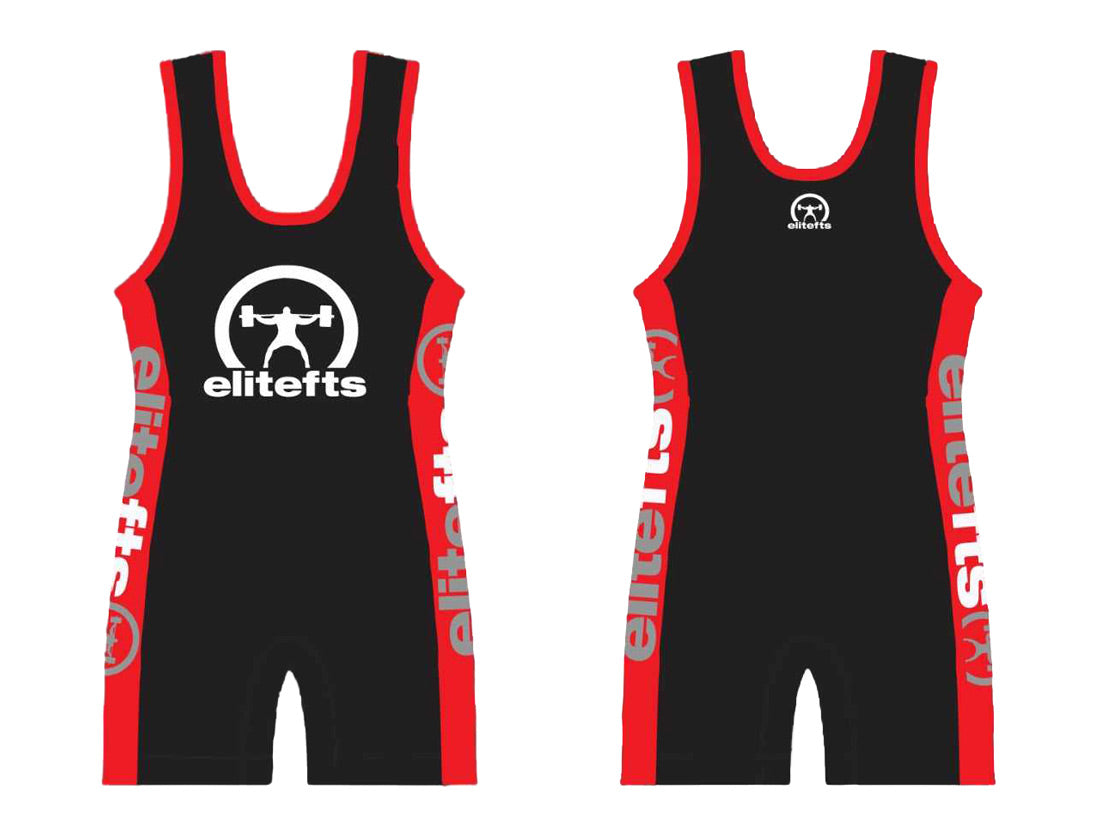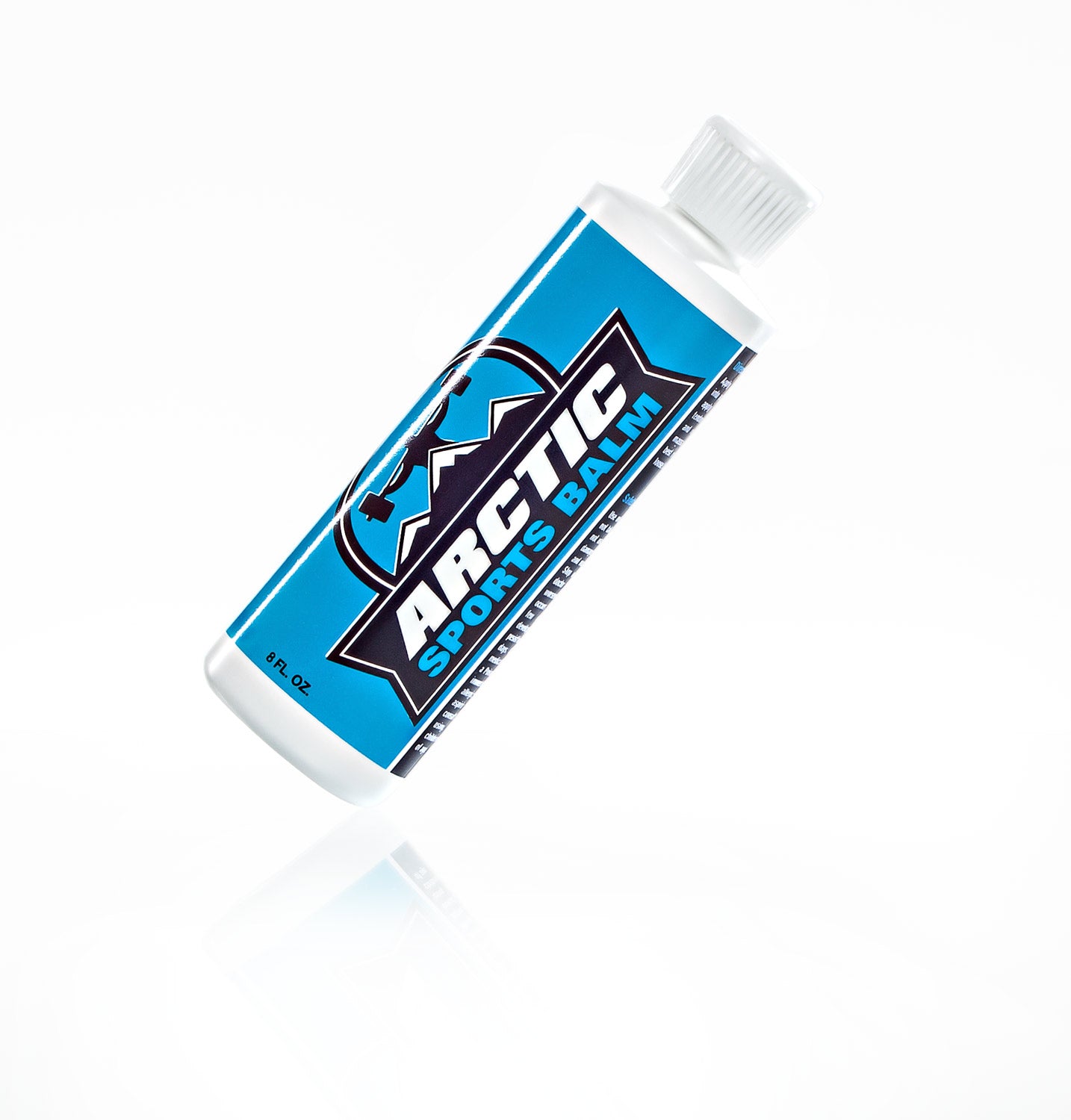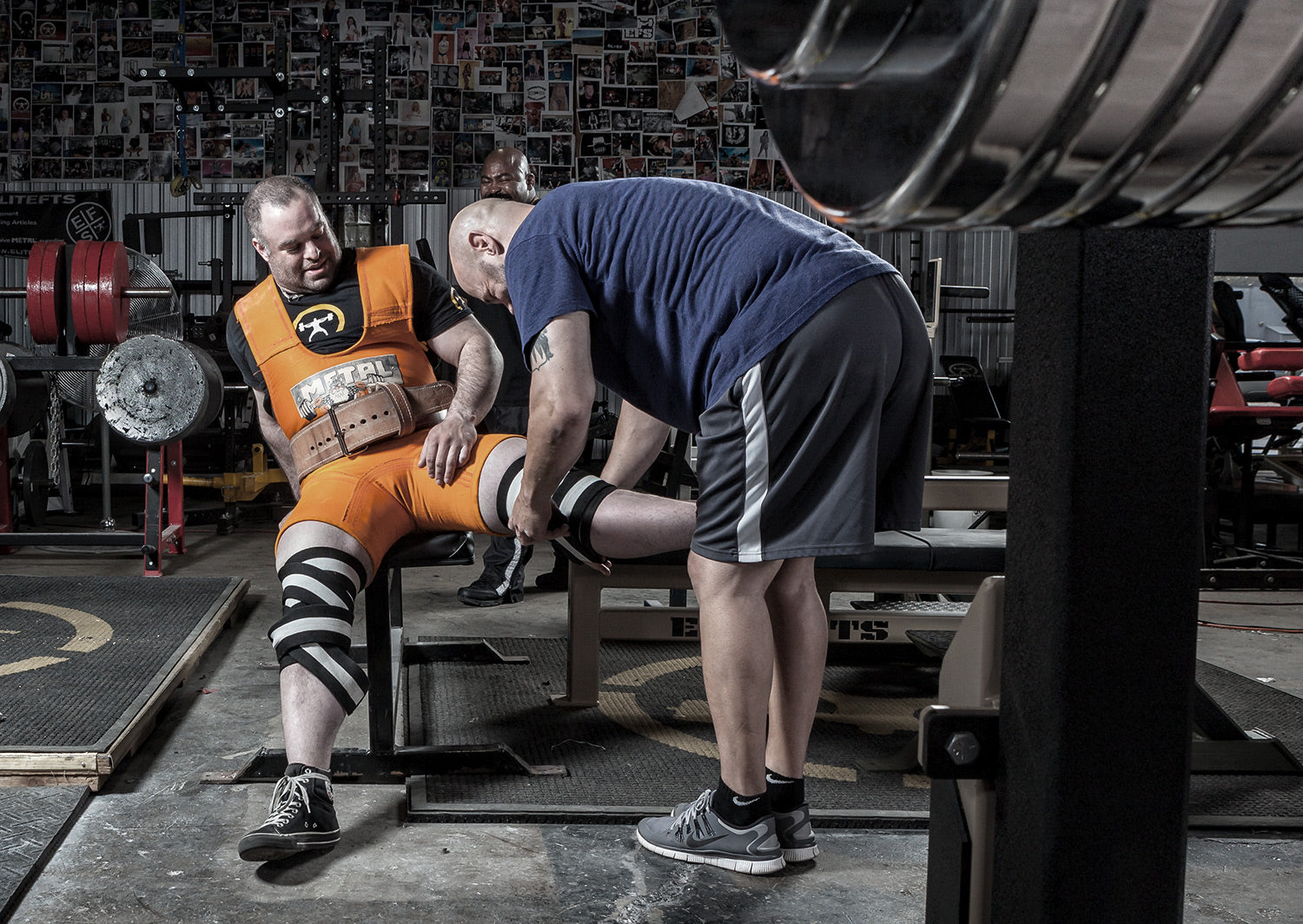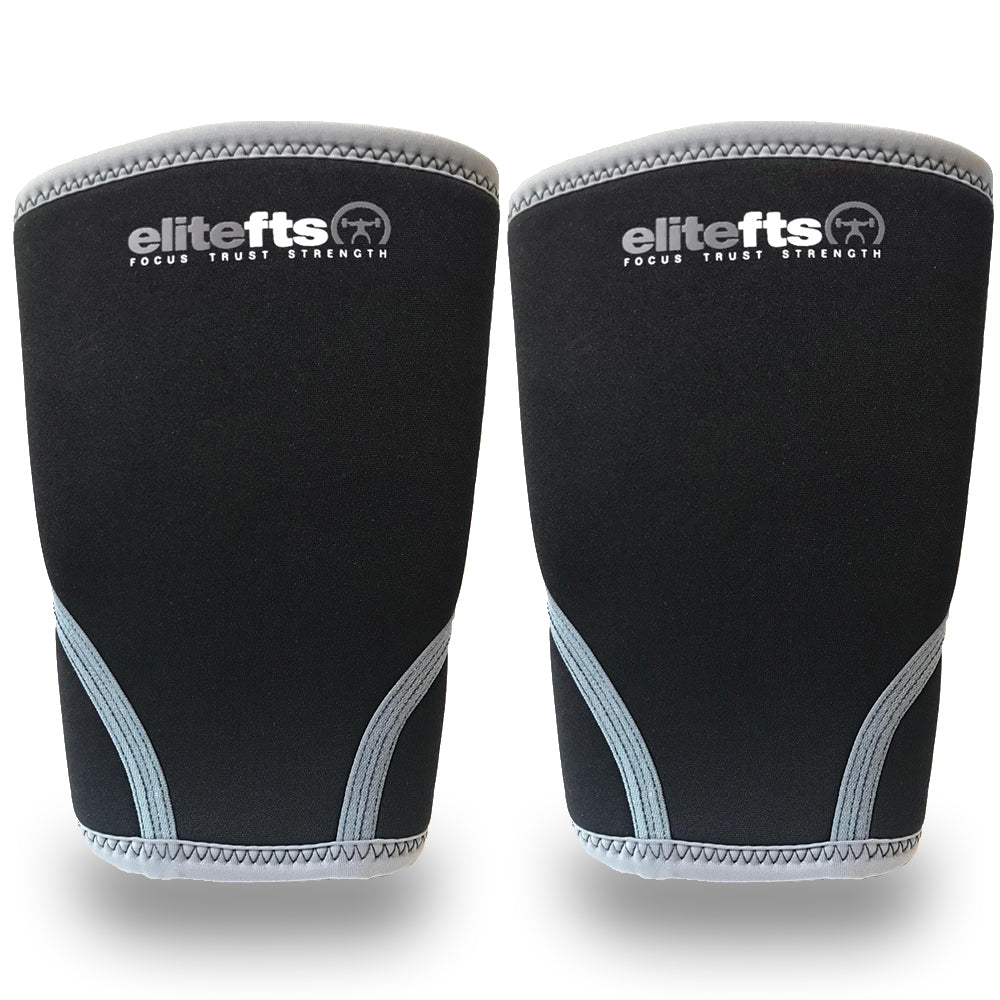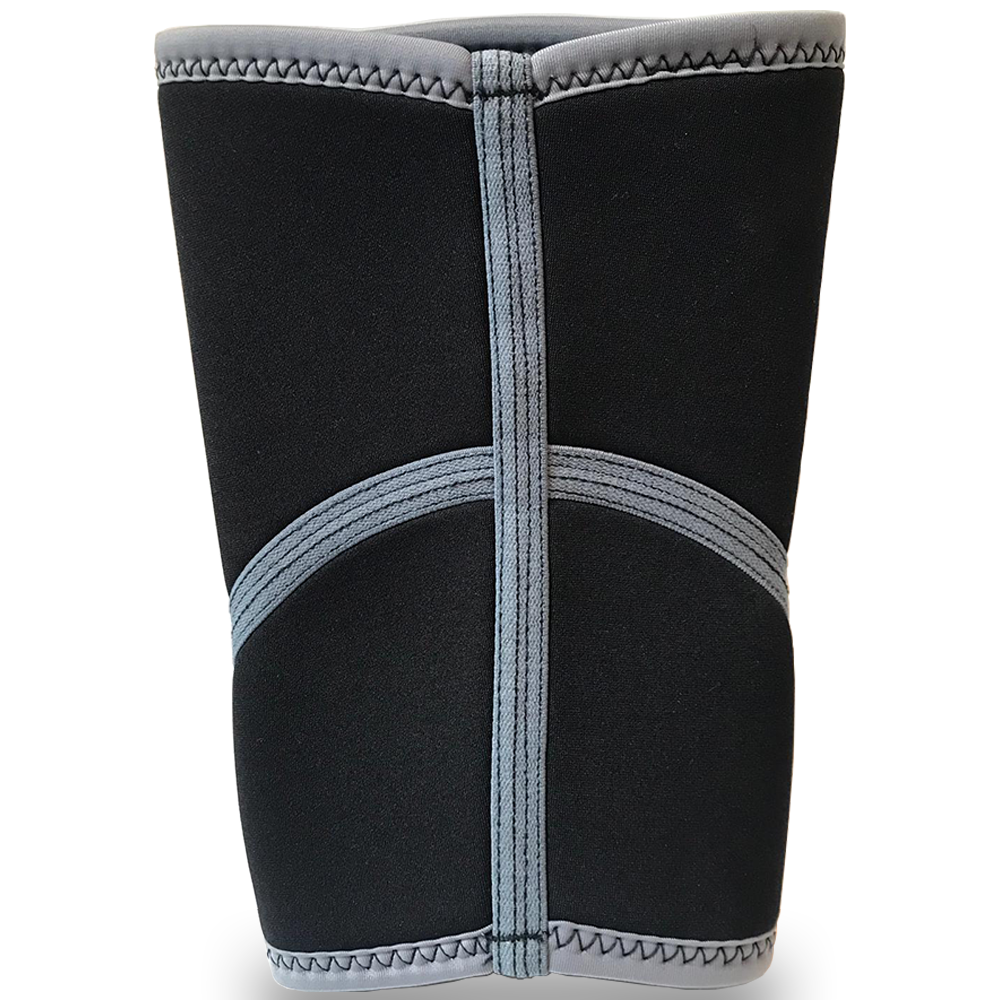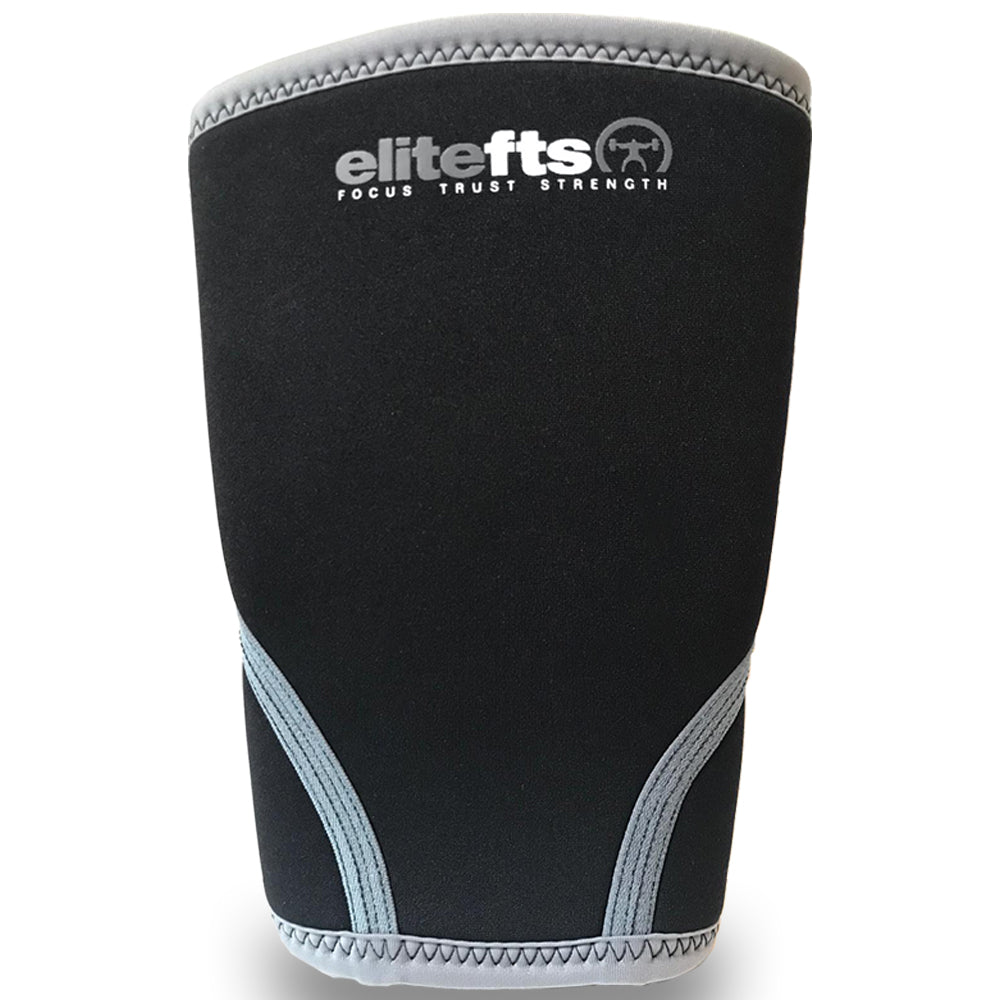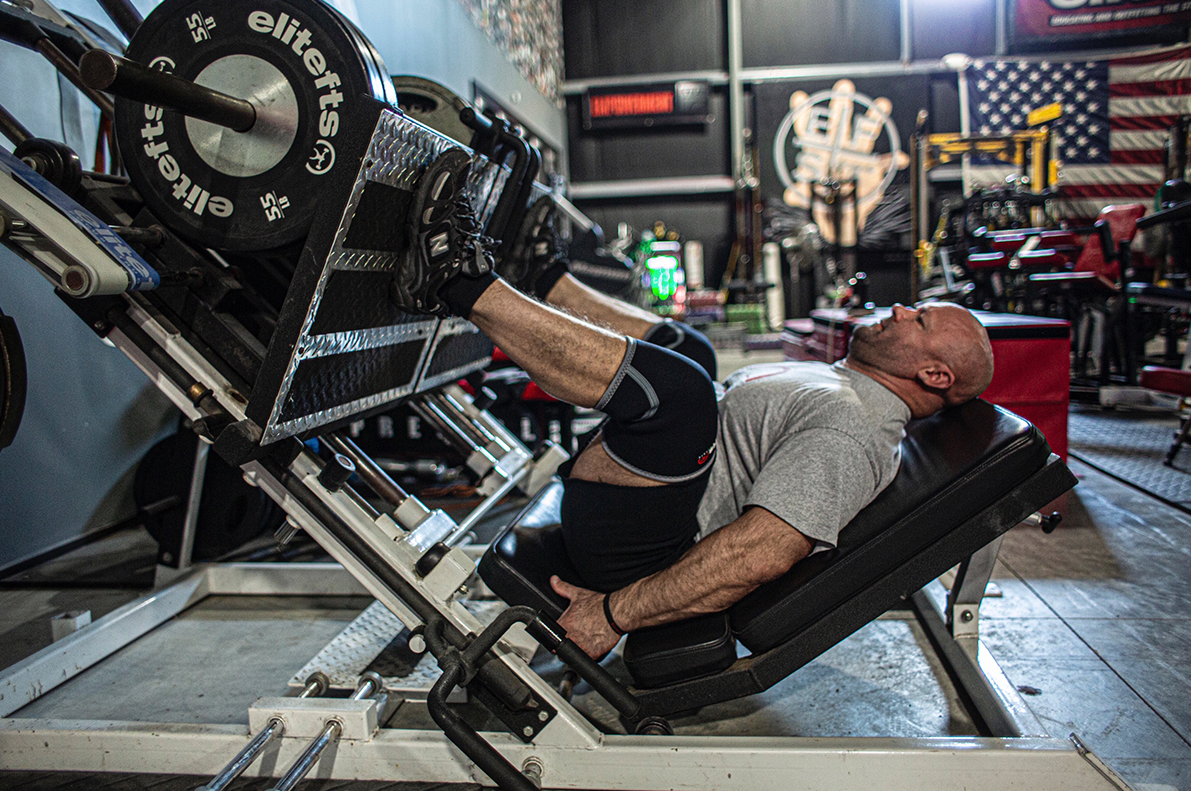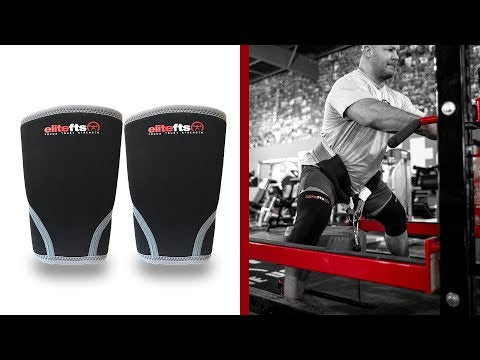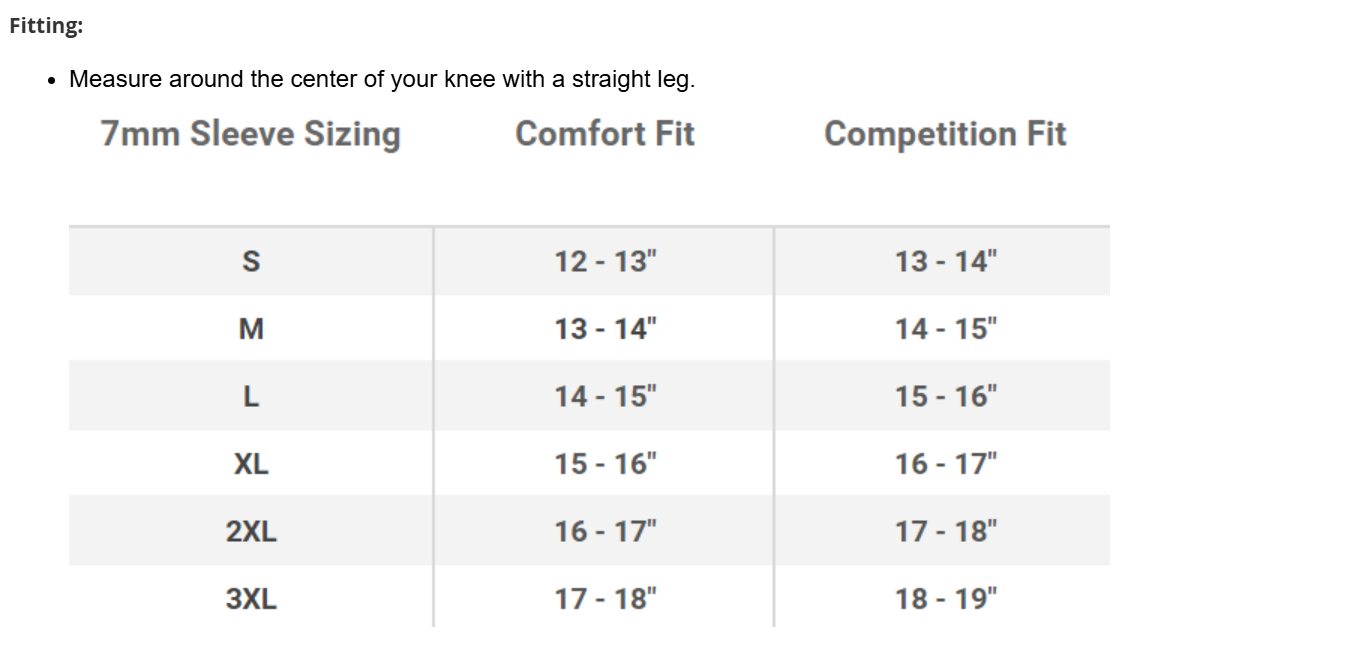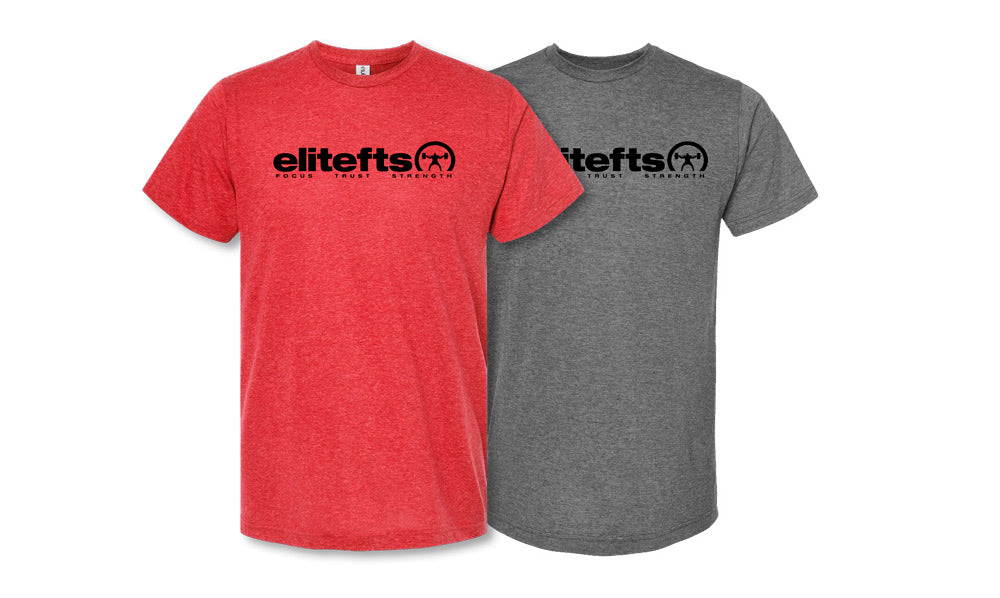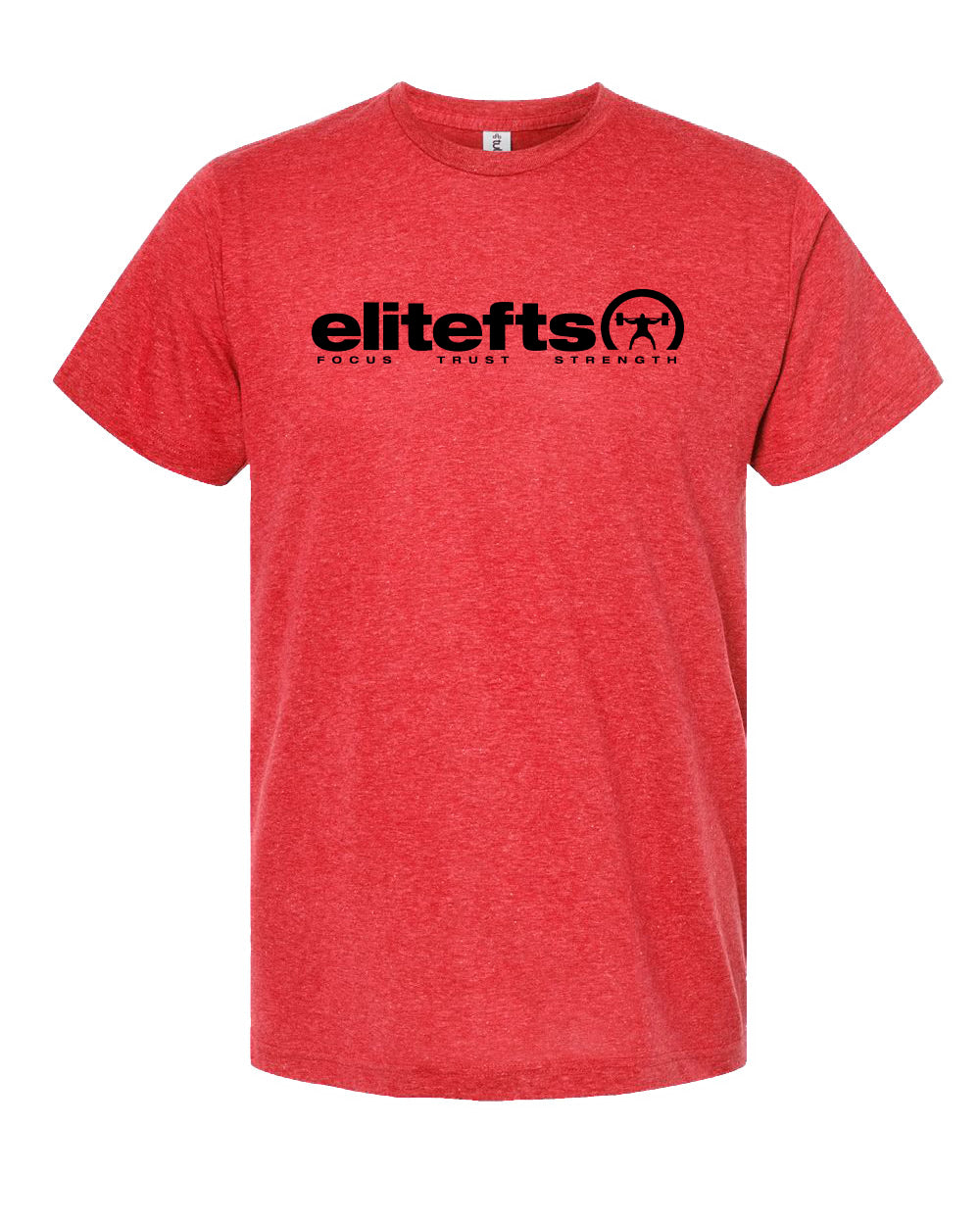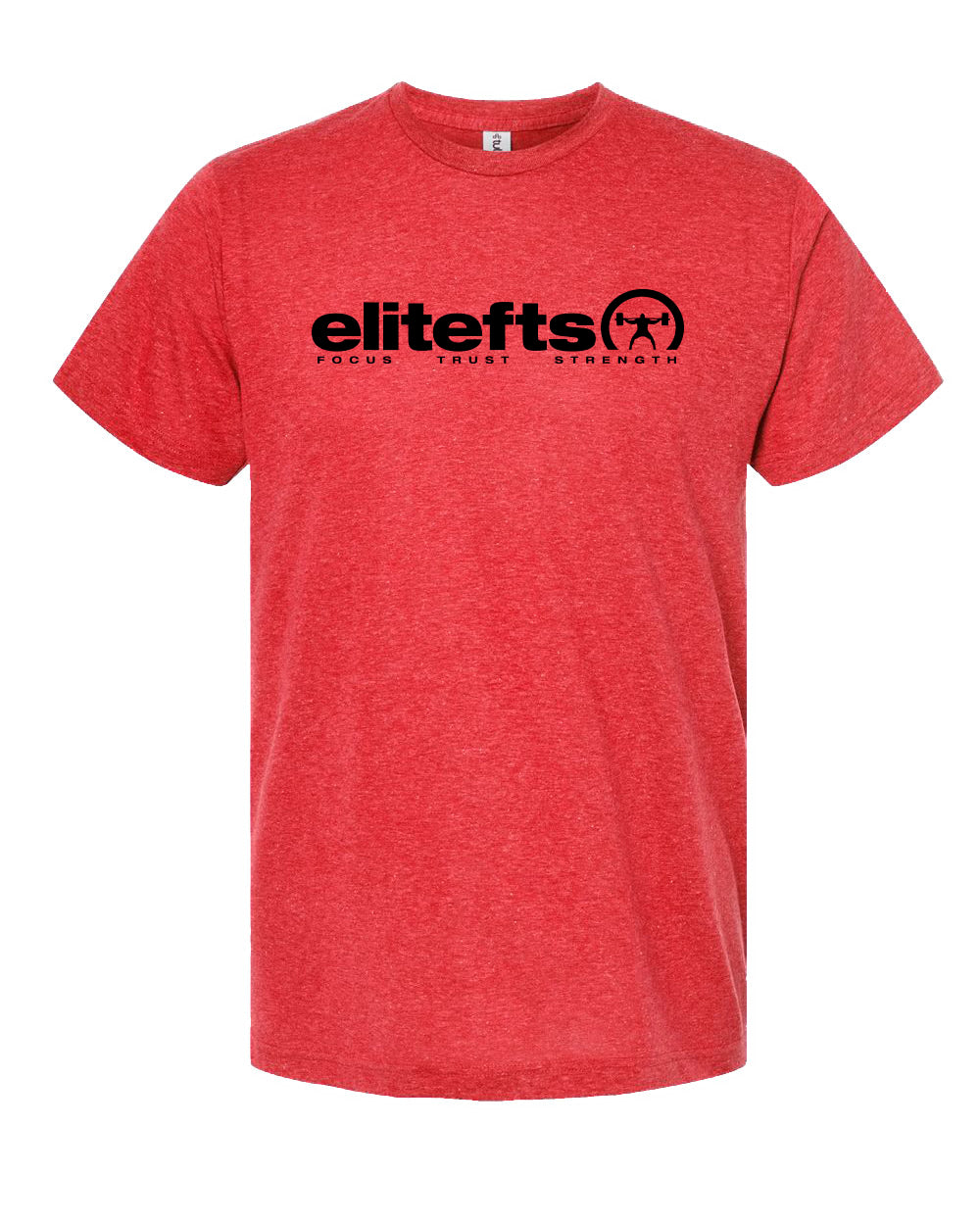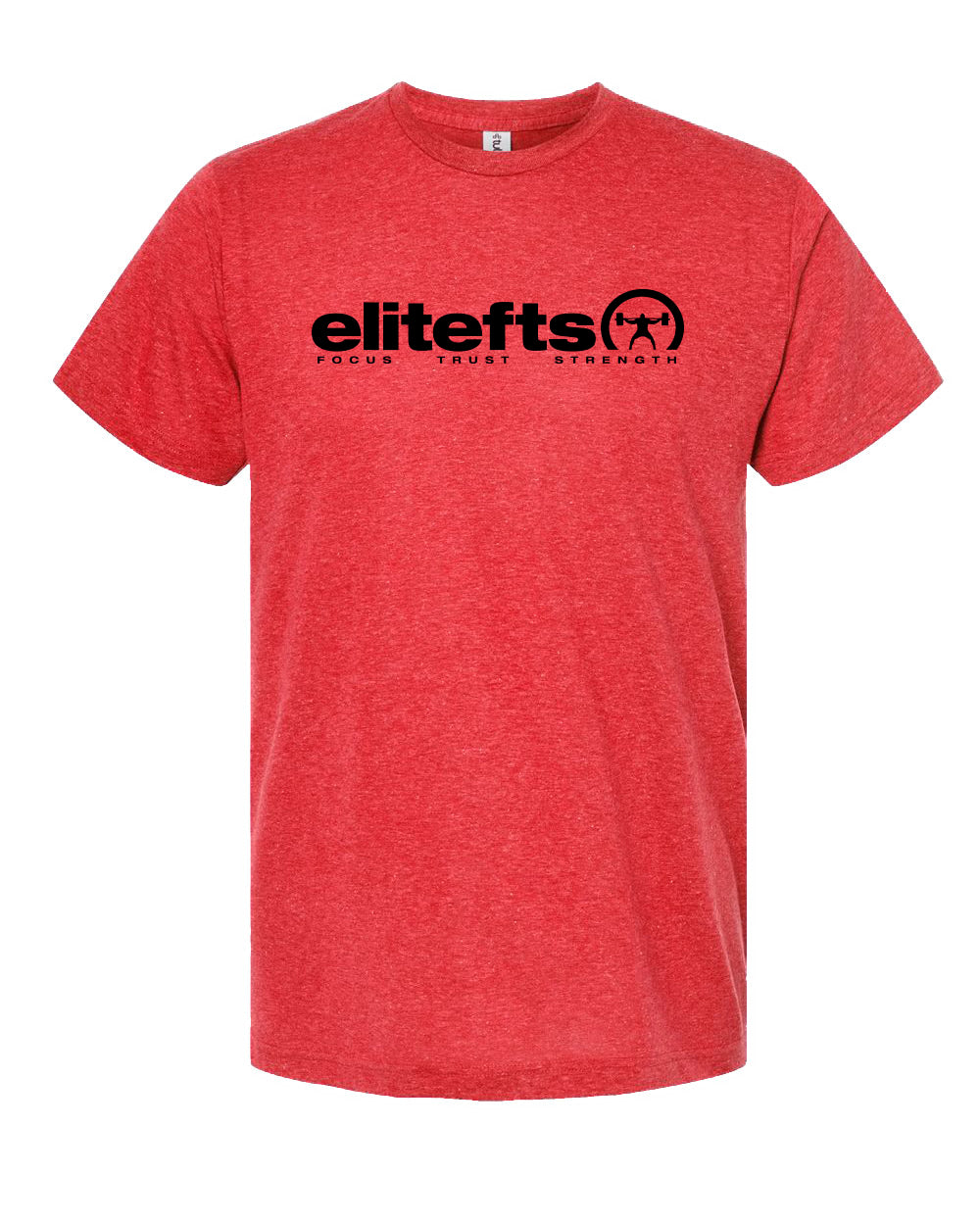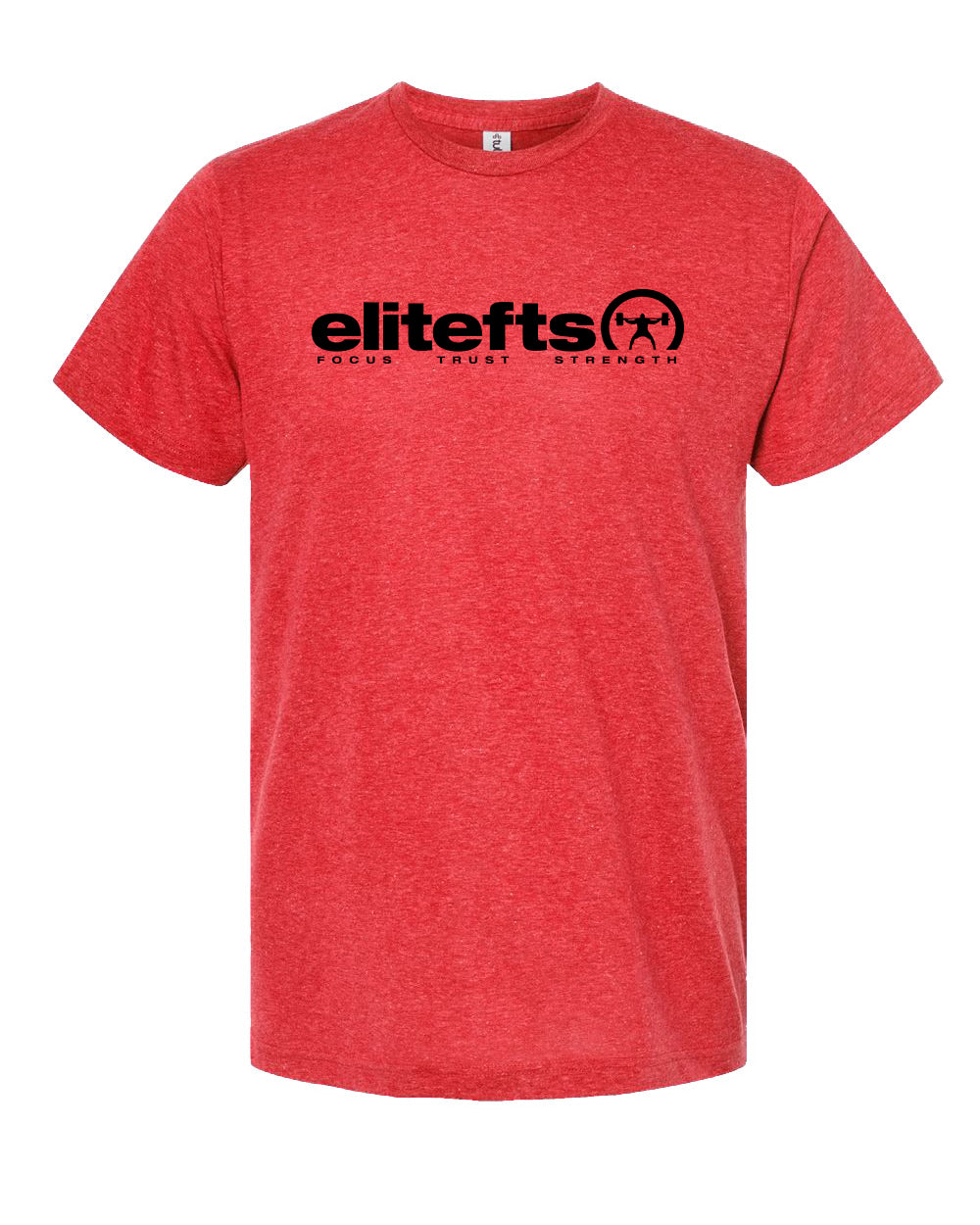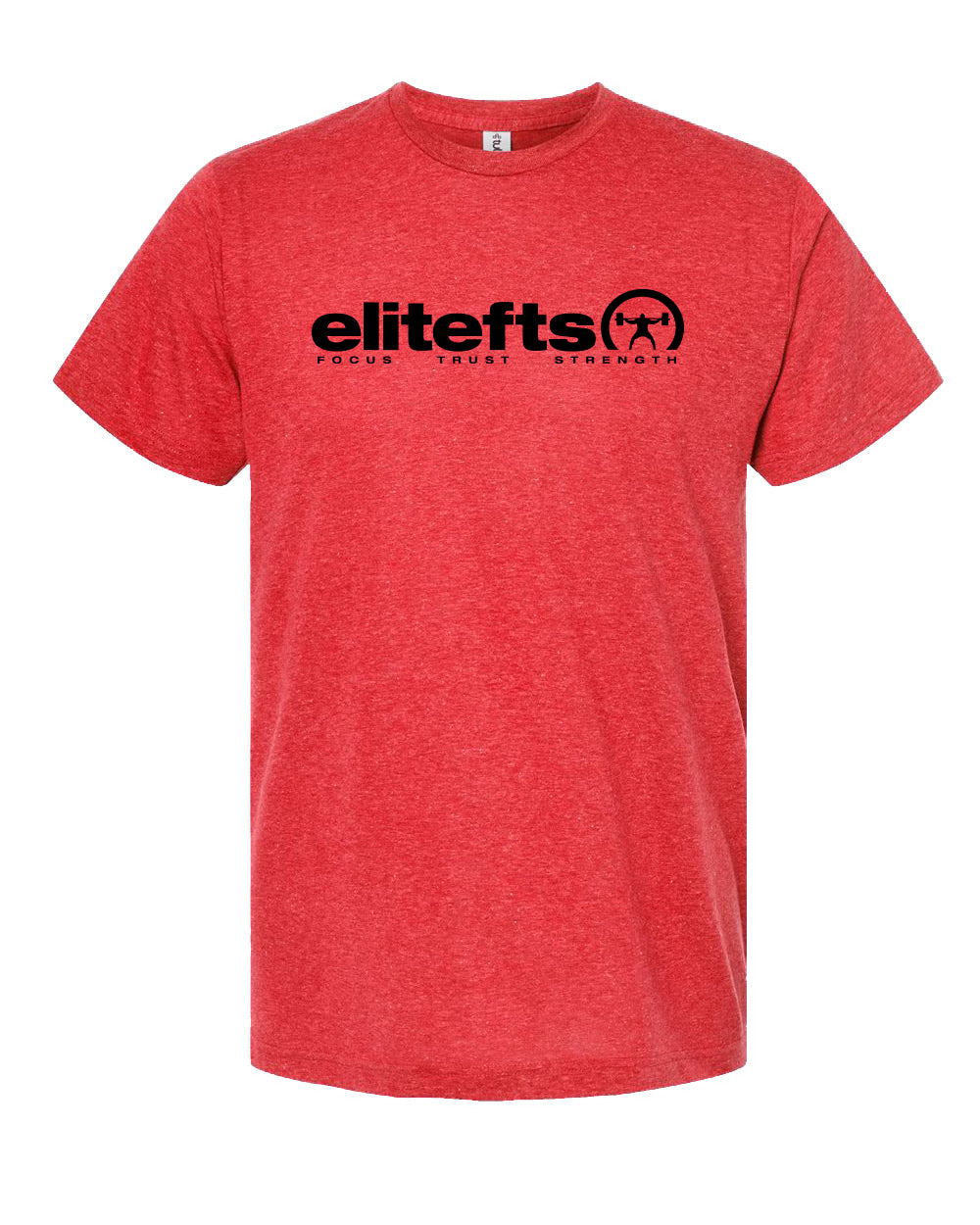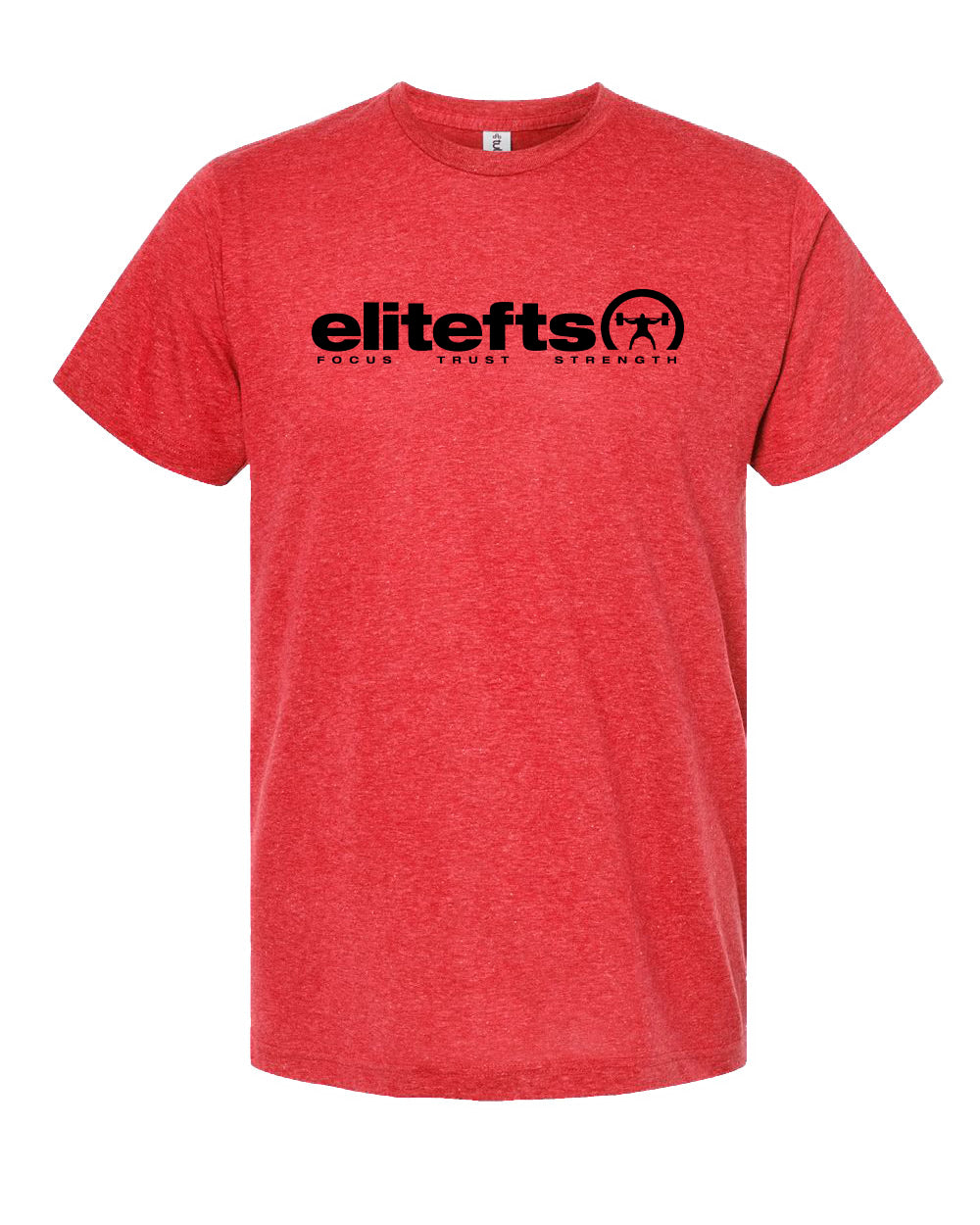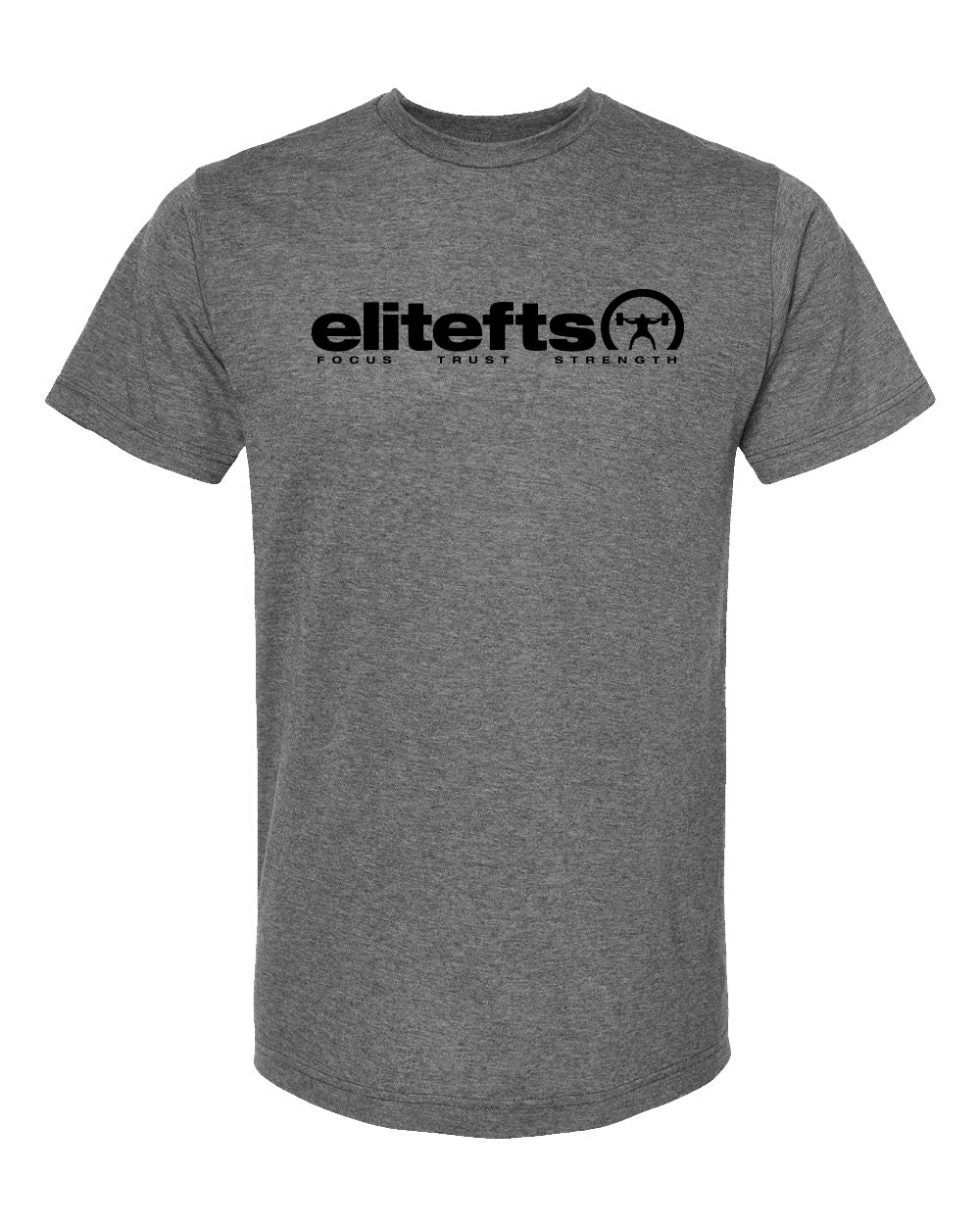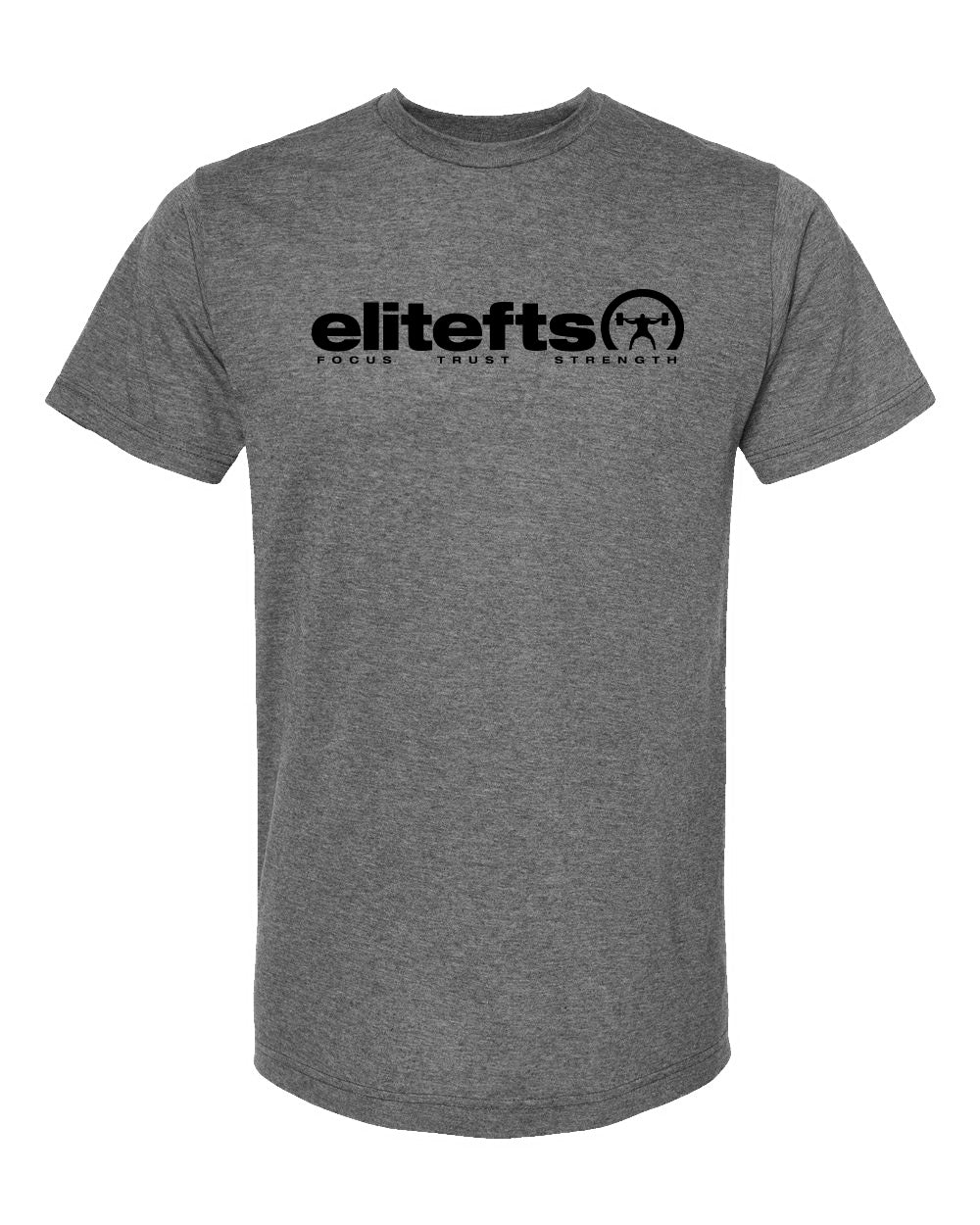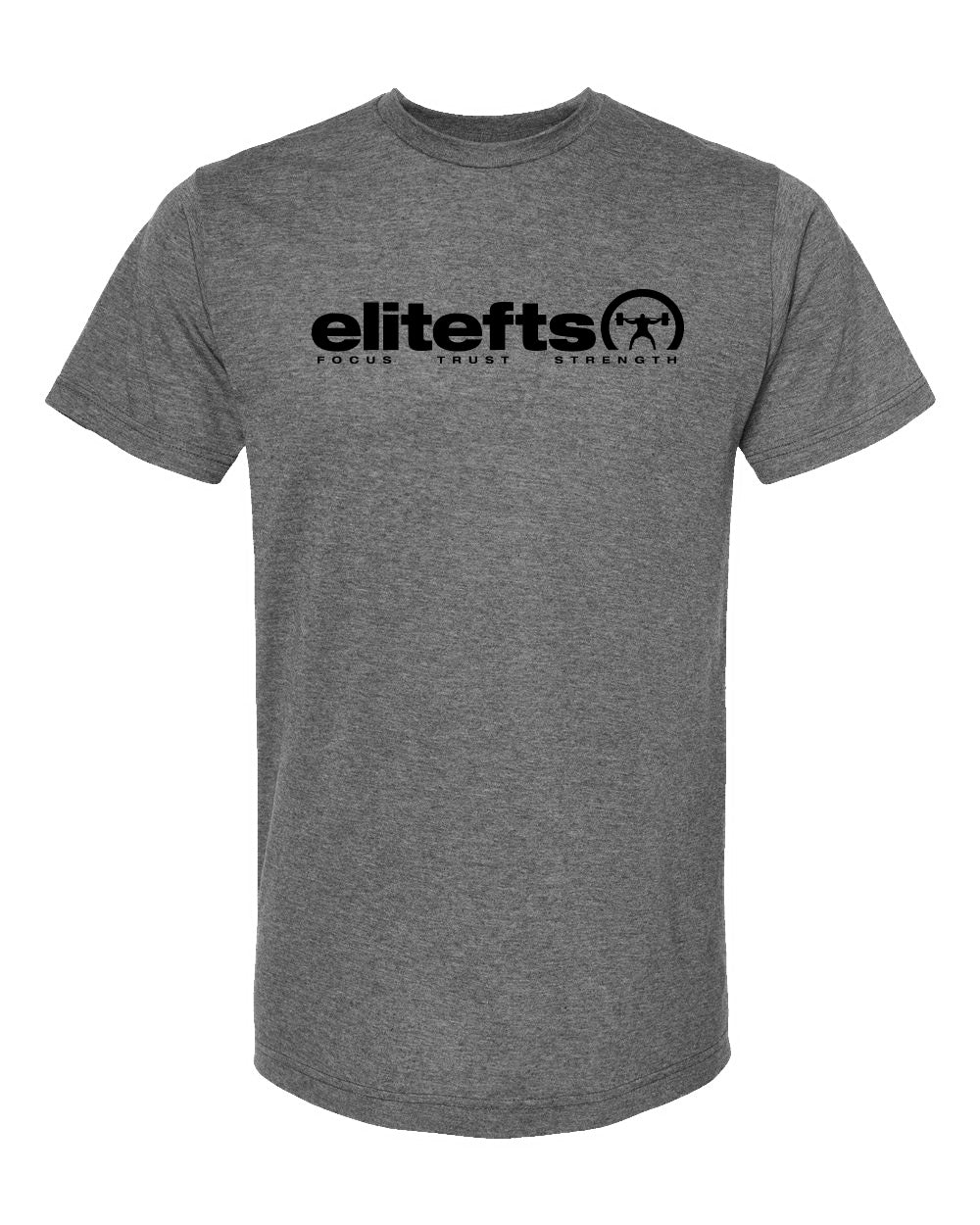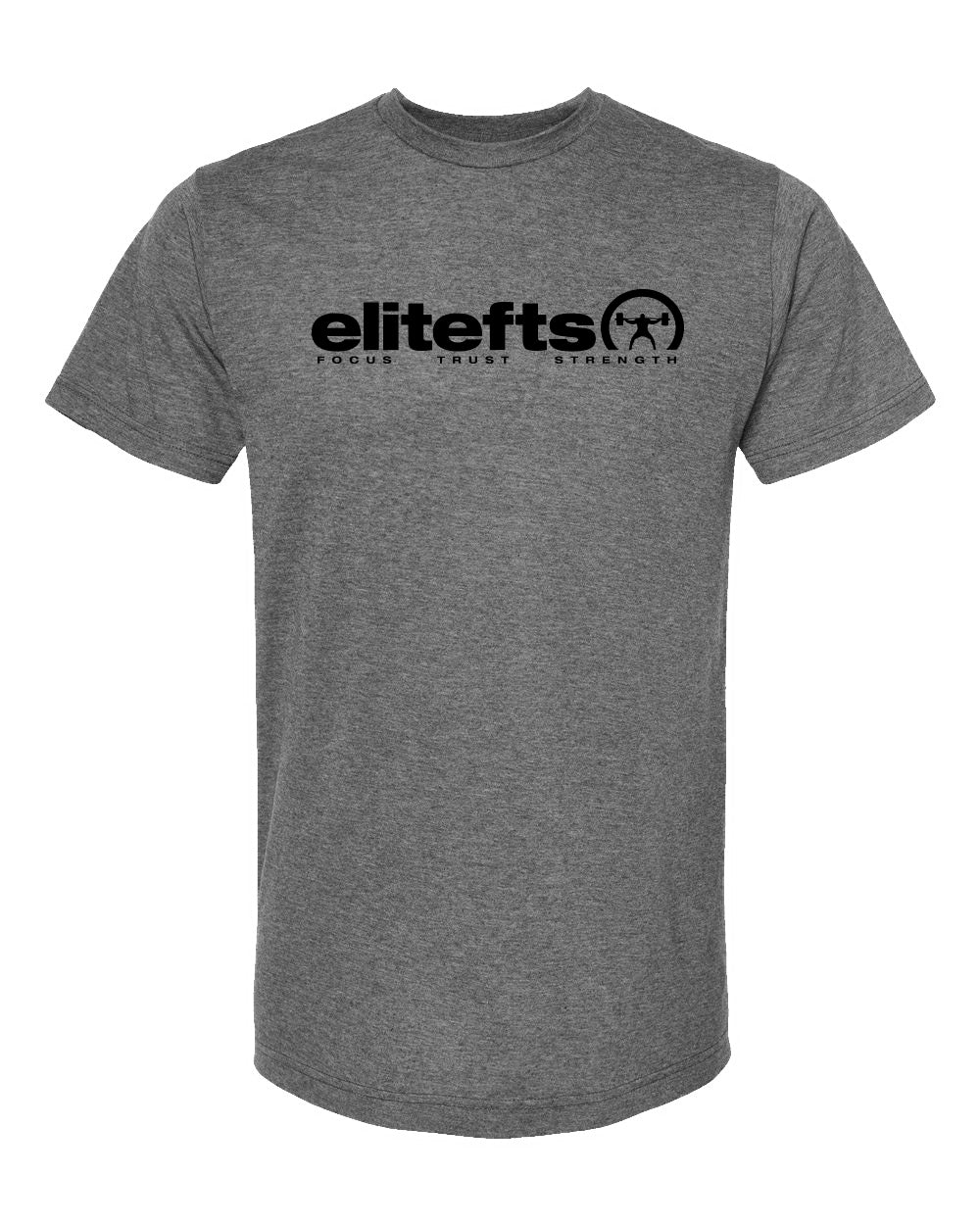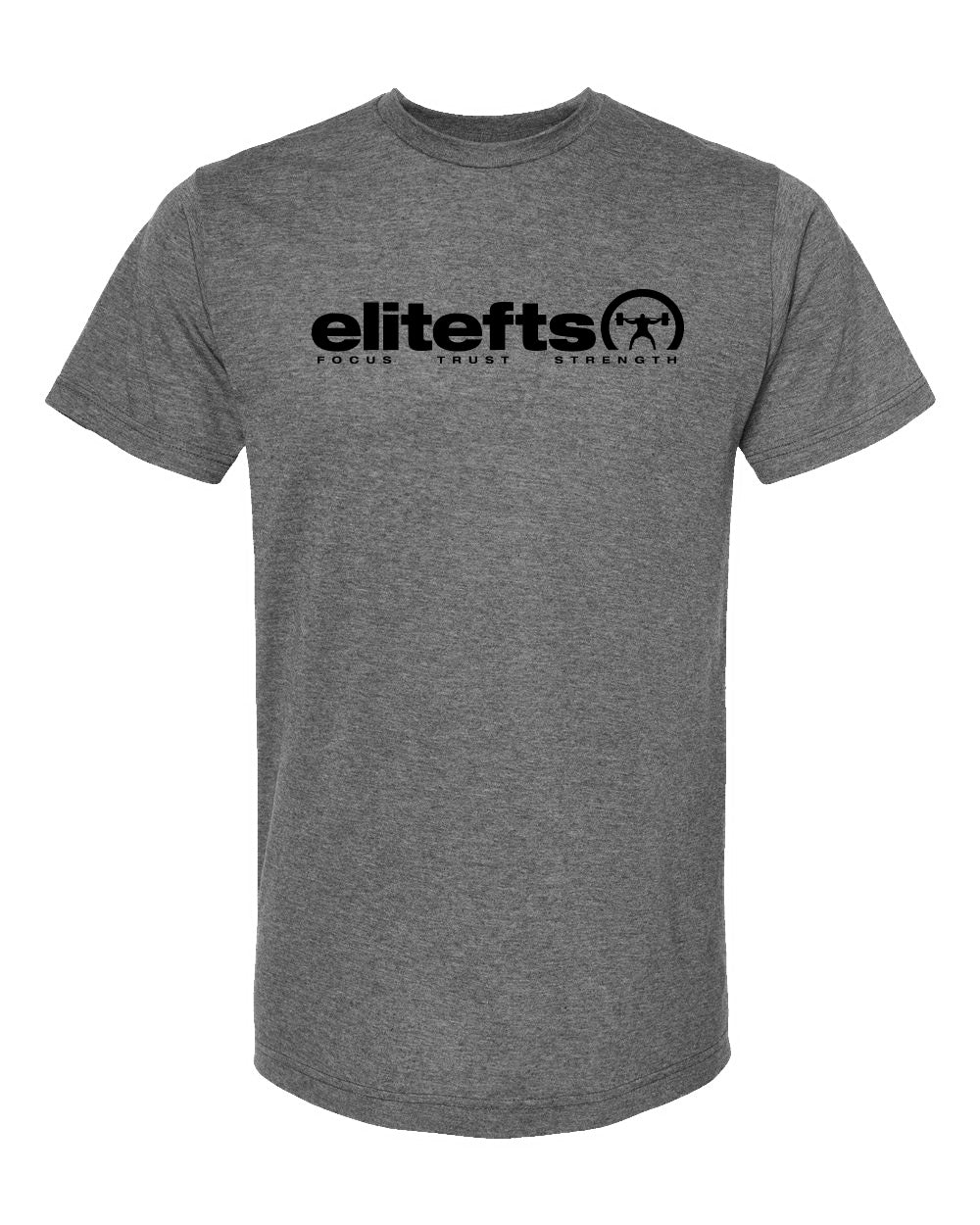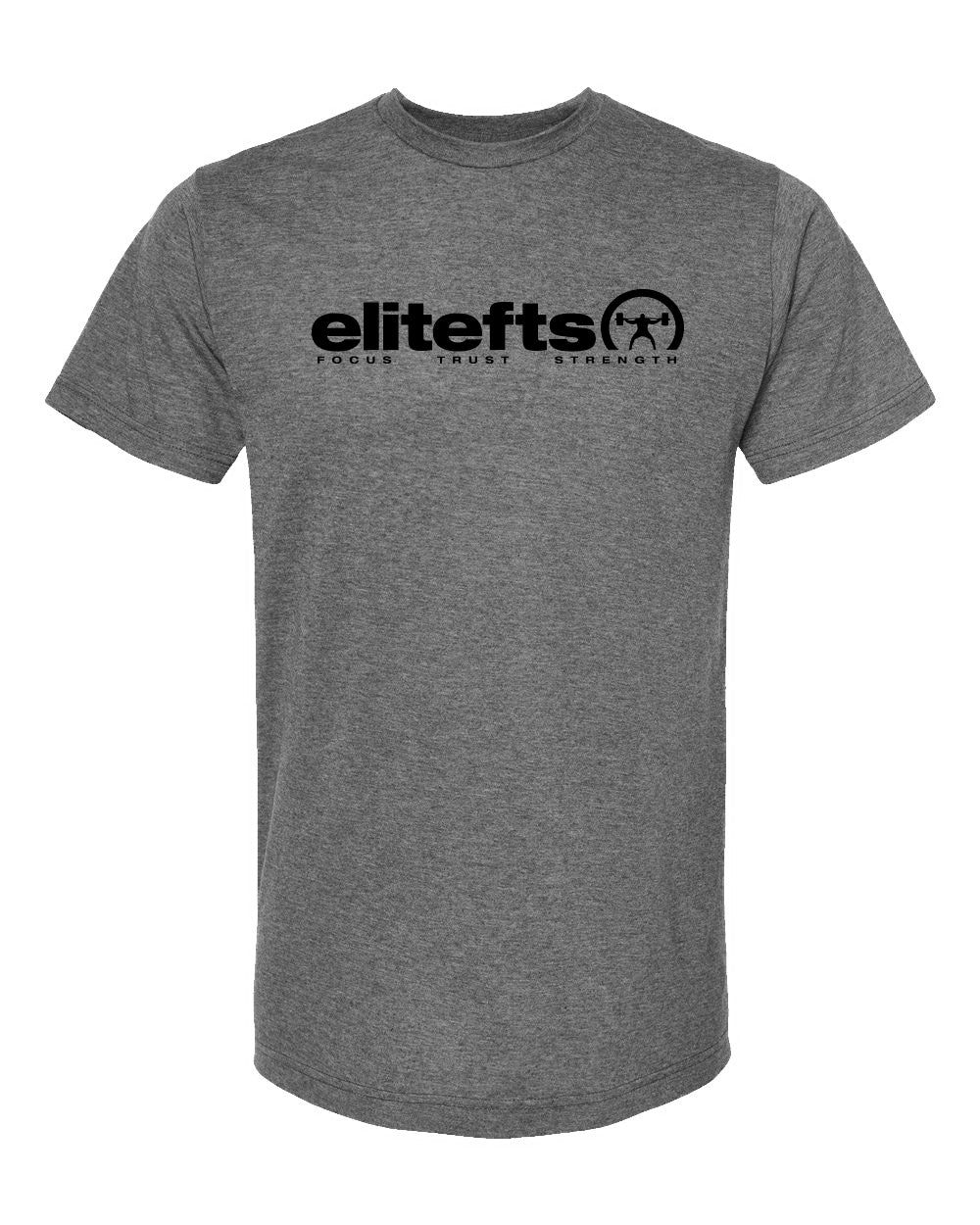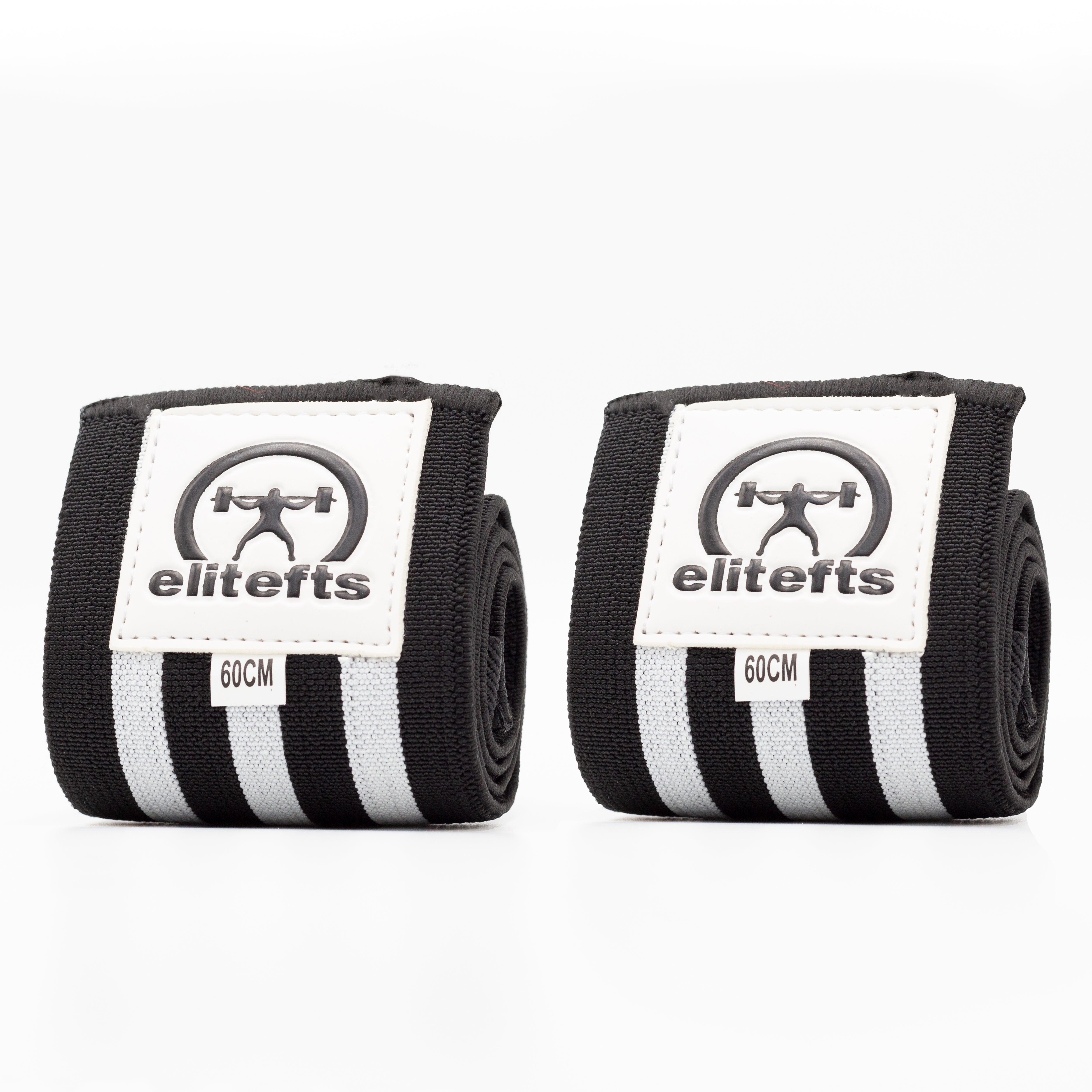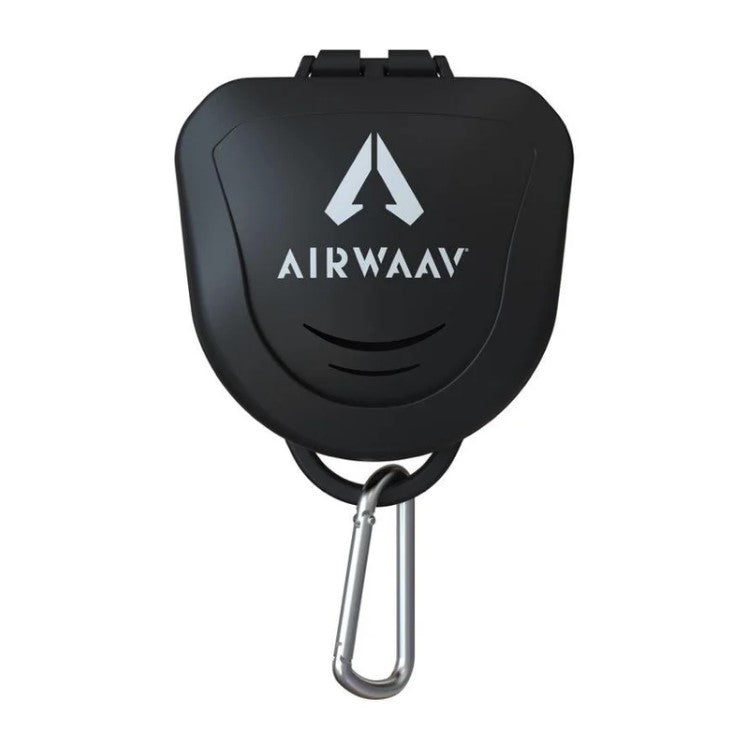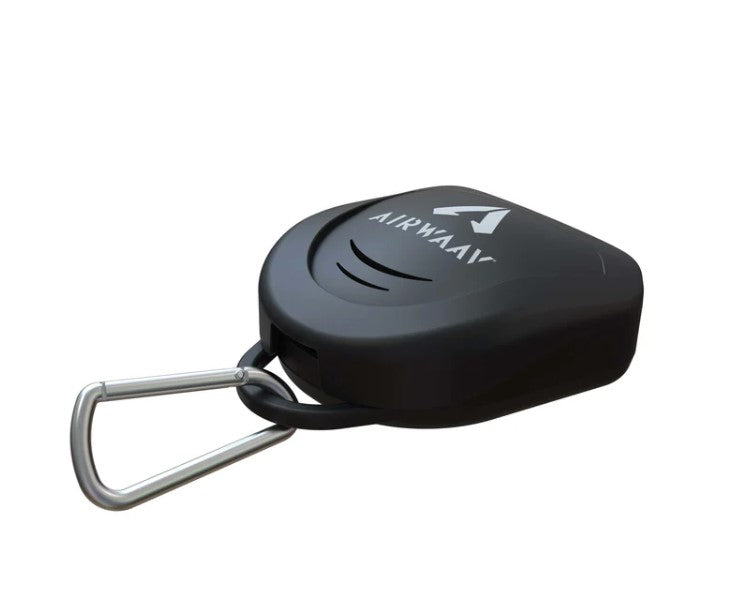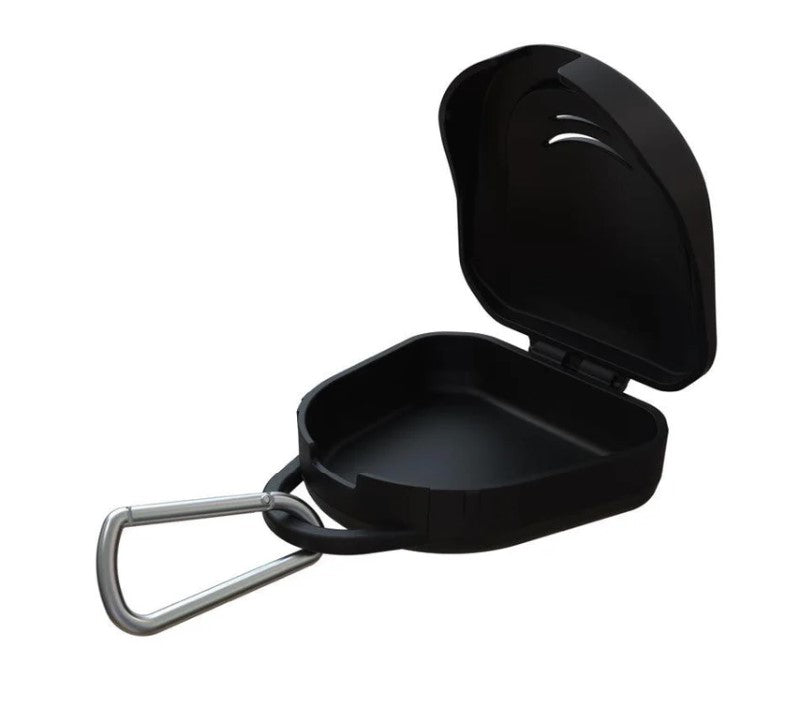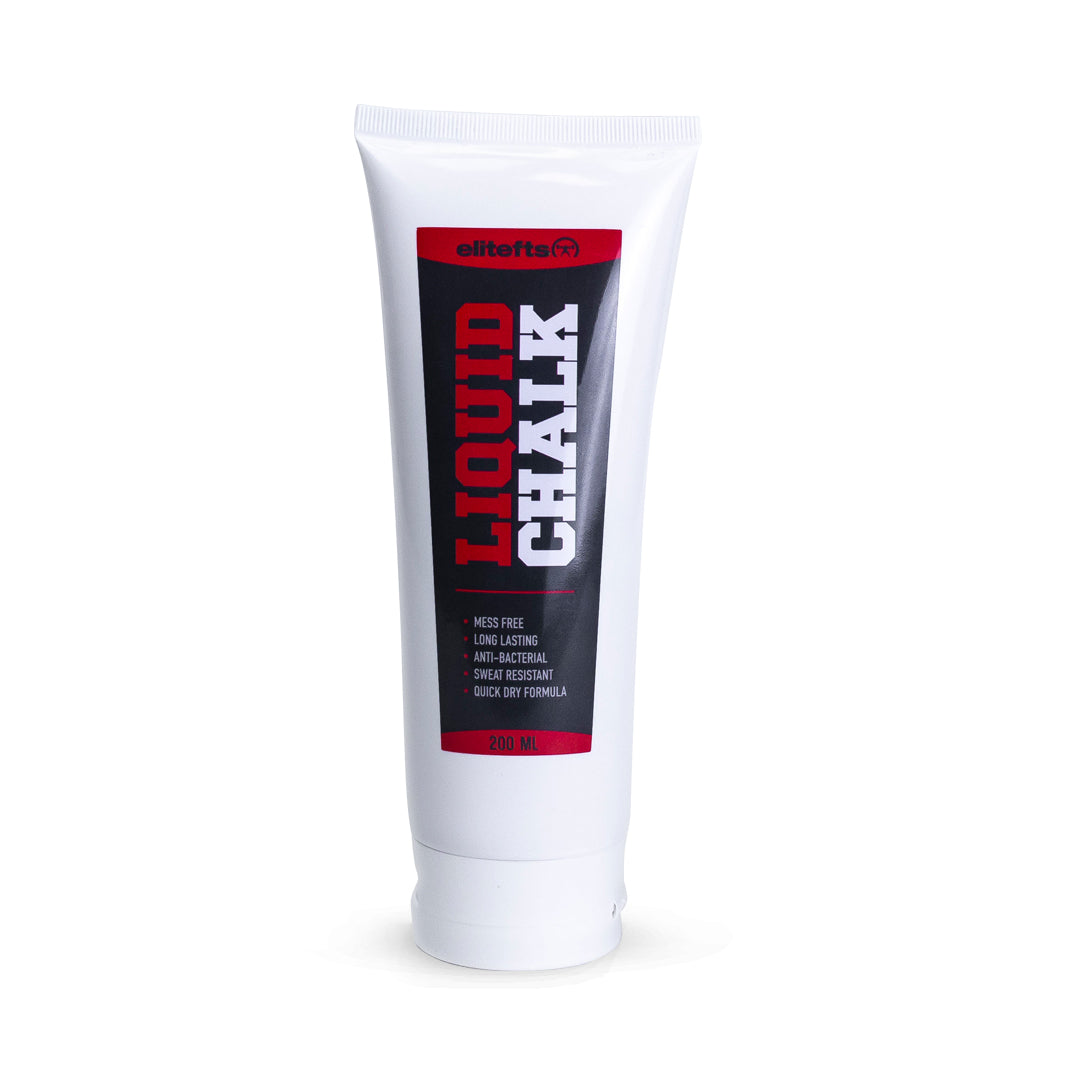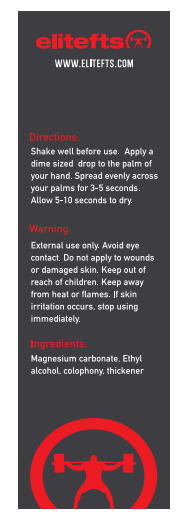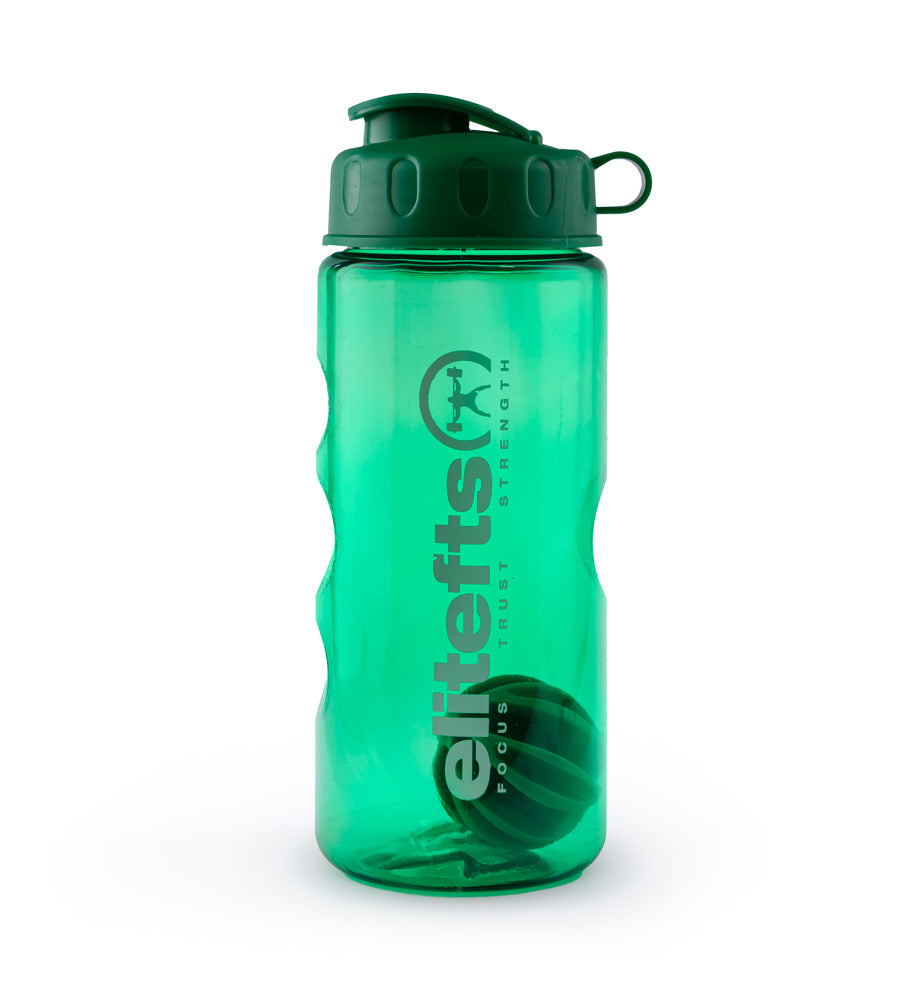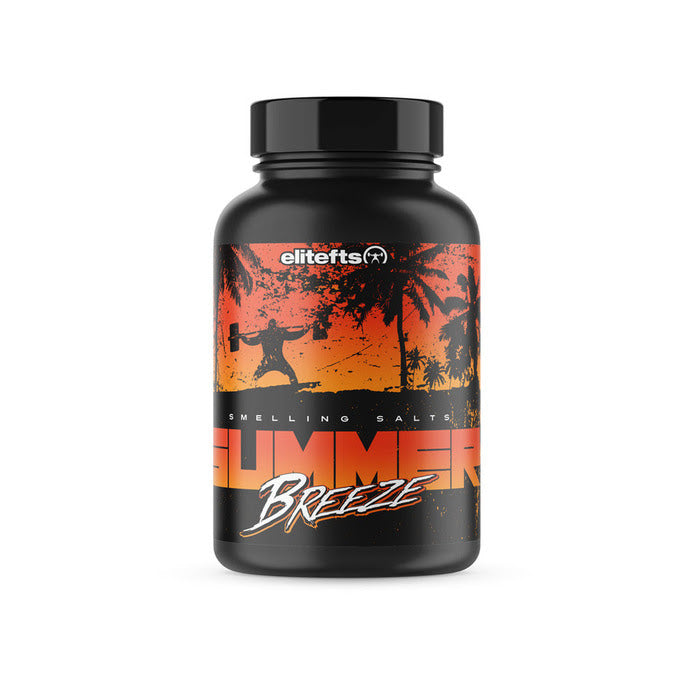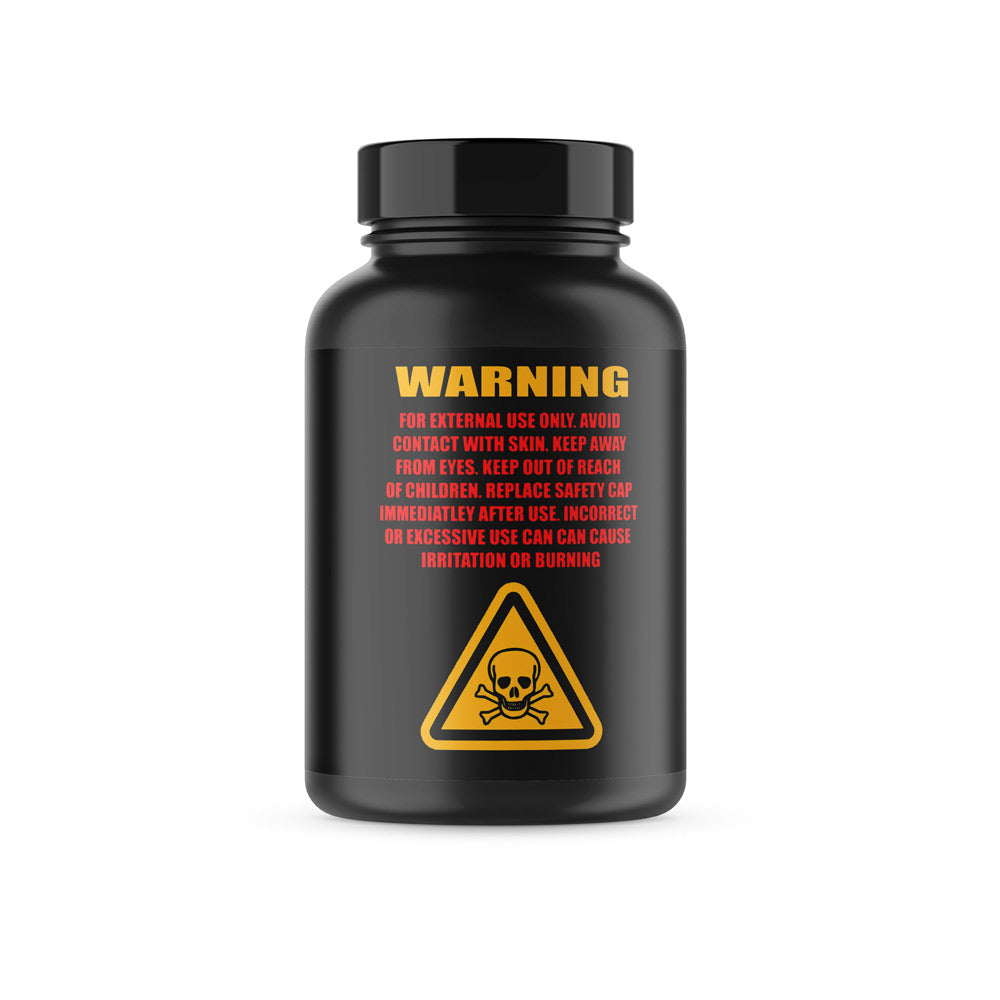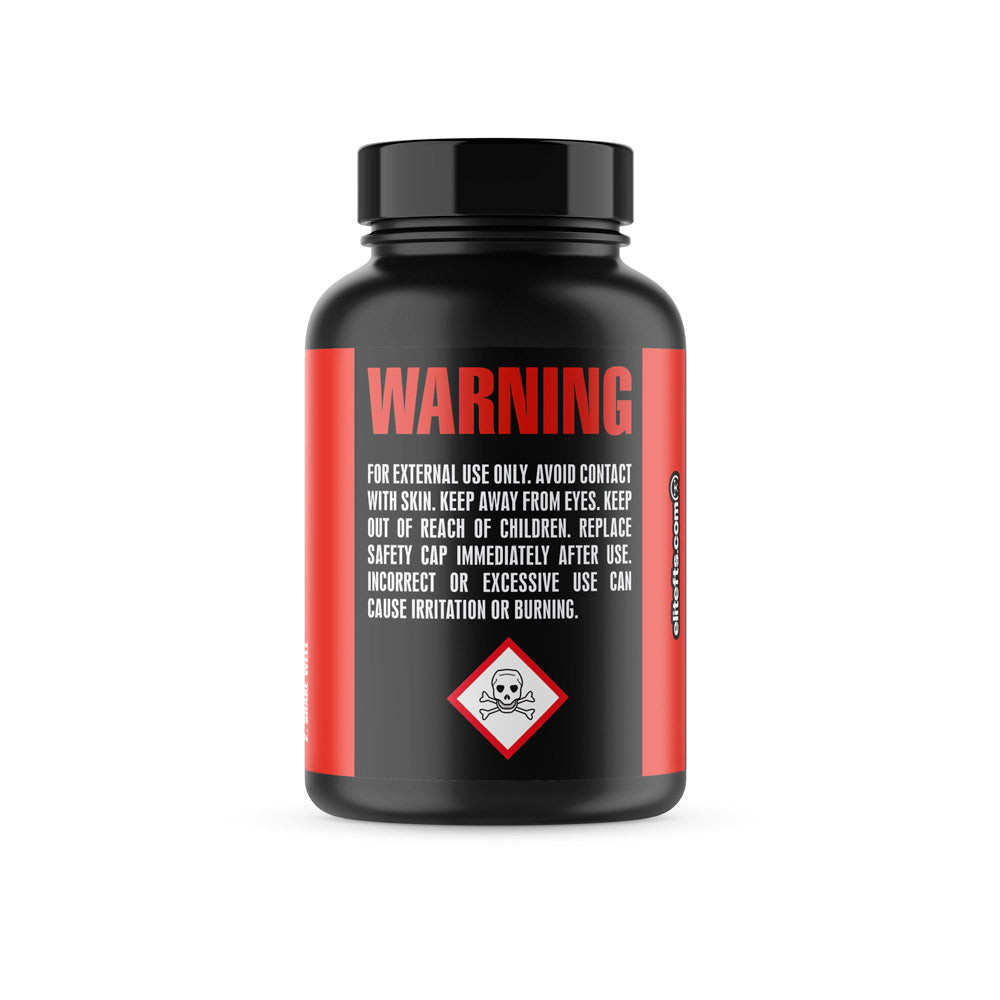The internet is the best and worst thing to ever happen to strength sports. It's the best for the simple fact you now have access to so much great training and technique information for free. On the other side of that, it's also the worst thing because people see someone super strong using an uncommon technique or training style that works specifically for that person and tries to replicate it.
When I first started powerlifting, there were only a few sites out there that had anything to do with the sport. My go-to sites were elitefts.com and westside-barbell.com, which to this day are still the best sites for real, true information. Both of these sites got their information from actual lifters who have had tons of time under the bar and have proven over and over again that their styles work for them and will work for the masses of us new lifters hungry to learn how to be the strongest in the gym.
READ: Has the Max Effort Method Been Forgotten?
Now, anyone who has done a meet or put up a decent total is an online coach. Not all players are coaches, meaning if they are naturally gifted at a sport it doesn’t mean they can make you better. I’m not saying to hire or not hire an online coach, but do your research from multiple lifters and see what’s similar and what’s different. Does the information they put out—either in articles or in coaching—make sense, or is it something that only works for them?
In all the articles and videos I see, I use the old adage, "What is the common denominator?" Take those similarities that you see in all the articles and videos and find out how it applies to you and your training. Once you have figured that out, put the pen to paper and put together a 12-week training program. Do all 12 weeks and see how it works for you. Then make the necessary changes and run it again.
When I wrote Simple Strength, I had already been training myself and clients for over a decade. I also had read every article and watched every video from elitefts, Ed Coan, and Westside multiple times. I trained conjugate for years and even got Westside certified to further my knowledge even more. I figured out a good mix of both Westside and Ed’s styles and tested it over and over for a year on myself and multiple clients until I got a formula that worked. The majority of all great lifters have a lot of similarities in their technique, so try to replicate the technique of the majority and not the minority. There is no need to reinvent the wheel. Most people can’t squat like Steve Goggins and deadlift like Konstantin, with the same success, mainly because they are genetic freaks and are the minority that I was talking about.
I’ve been very lucky in my career as a trainer, lifter, and gym owner to meet, talk training, and learn from some true legends in the sport. Some of the best advice I ever got was from Ed Coan. He told me that if you can continually get a little better at a lift over time, it adds up. So take your time, educate yourself, and get technically sound with your lifts. I get that it’s no fun to have to step back and fix technical issues with your lifts, but if taking the time to fix these issues can keep you in the sport longer and get you stronger, that’s not a bad tradeoff in my book.
Ultimately it’s up to you and what you want to do, but just think about it; do you want to be a flash in the pan or do you want to be relevant in the sport for years? Look at guys like Louie Simmons in his late 60s or Ed Coan in his 50s still training heavy, constantly learning, and always giving back to the sport. I hope to still be training and giving back to powerlifting in my 50s and 60s because of what I learned from all the lifters that came before me.
Bret Carter is the owner and head trainer at Omaha Barbell in Omaha, Nebraska. He is Westside Barbell Super Strength certified and the author of Simple Strength.








